




As a historian, it is only natural that I would start with the fact that the history of the University of Miskolc began in 1735. This is when the world’s first institution for advanced studies in mining and metallurgy was established in Selmecbánya (now Banská Štiavnica, Slovakia) and was raised to the status of an academy in 1762. The storms of Hungarian history affected its fate: after the First World War the institution moved to Sopron, where studies in forestry were added, and then in 1949 the political leaders decided to transfer some areas of study to the newly established Technical University for Heavy Industry in Miskolc: the university started out with faculties of mining, metallurgy and mechanical engineering. Once again, historical and societal change brought about alterations, with courses in law and then economics being added to the university’s offerings in the 1980s, humanities and social sciences joining in the 1990s along with music studies, and health care studies being added in 2001.
Currently we have eight faculties, many of which have undergone changes in their names over time. The original mining course is now the Faculty of Earth and Enviromental Science and Engineering, metallurgy has become the Faculty of Materials and Chemical Engineering, and IT is partnered with mechanical engineering. Along with names, the areas taught and researched have kept developing, since – as we know – the world does not stand still and we need to move with it.
Today our motto is “Green and Smart”, which is our guiding principle as we renew our courses and our infrastructure, as well as go about our daily business. A great deal of work is needed, but we believe that we have the creativity, talent, dedication and energy needed to stay on this path. We have a great environment for it: our campus is the most beautiful one in Hungary, and in my opinion it compares well even on a European scale.
I most warmly invite you to come and visit the University of Miskolc if you get the chance. If you do, you will encounter lively young people from Hungary and abroad who respect traditions and you will find up-to-date laboratories and workshops, an active campus life, a park-like campus, modern student accommodations and sporting facilities, and a university that is continuing to progress.
There is a traditional greeting among our founders, the miners, one that means so much to every one of our graduates, and that I also wish for you: “Good luck!”
Prof.
Dr. Zita Horvath,
rector
1735 A mining and metallurgy institute is established in Banská Štiavnica (then in the kingdom of Hungary, today in the territory of Slovakia), the predecessor of the university
1762 Maria Theresa promotes the institute to academic rank
1919 After World War I, the institution moves from Banská Štiavnica to Sopron
1949 The Technical University for Heavy Industry is established in Miskolc (mining, metallurgy, mechanical engineering)
1981 The Faculty of Law is established
1987 Training in economics begins
1992 The Institute of Humanities is established
1997 The Béla Bartók Institute of Music joins the university
2001 The Institute of Healthcare is established
2021 We now have at 8 faculties at the University of Miskolc
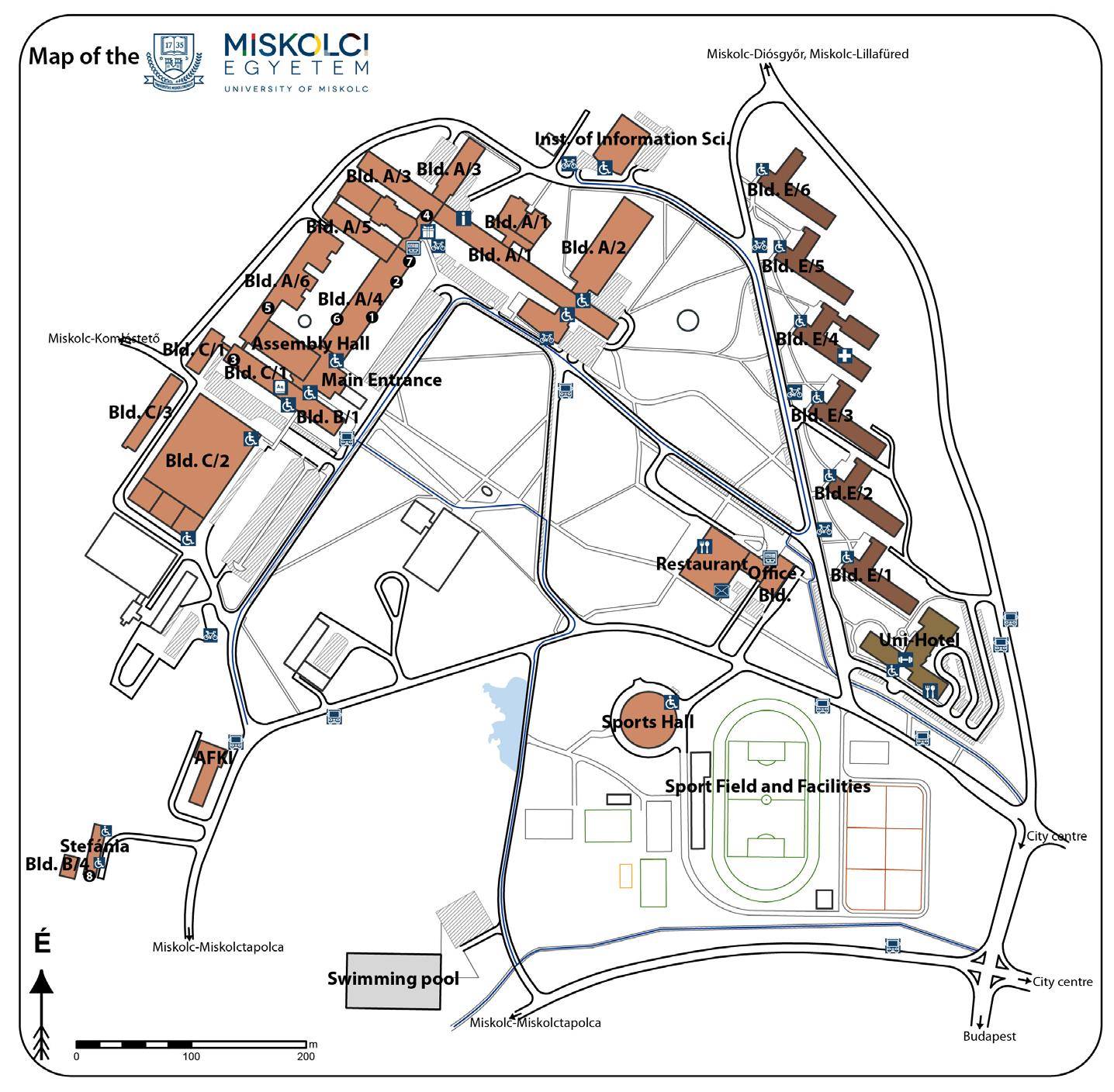
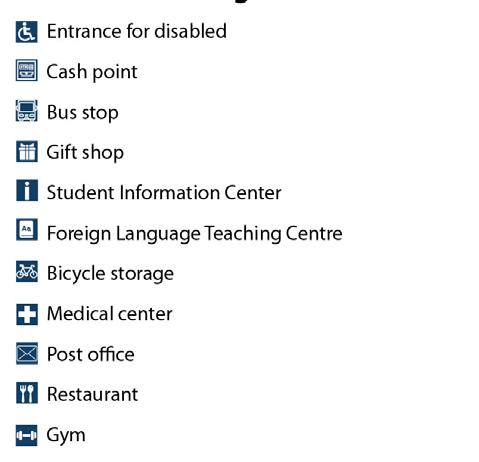

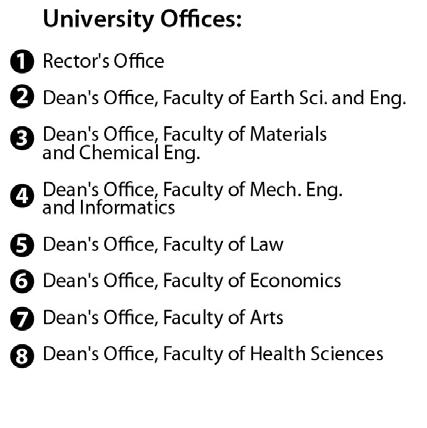
Global challenges that the faculty deals with are low carbon technologies, the circular economy, the exploration and extraction of strategic raw materials for high-tech industries, waste mining, the development of environmentally friendly mining methods, and sustainable land use.
Main teaching and research fields of the faculty: prospecting, production and preparation of raw materials and energy sources; geothermal
energy; water supply management; exploration and production of waters; geological information service, GIS data; geological simulation; social and economic geography.
The quality of research for industrial and grant projects and of education is ensured by a continuously updated and modern laboratory infrastructure.
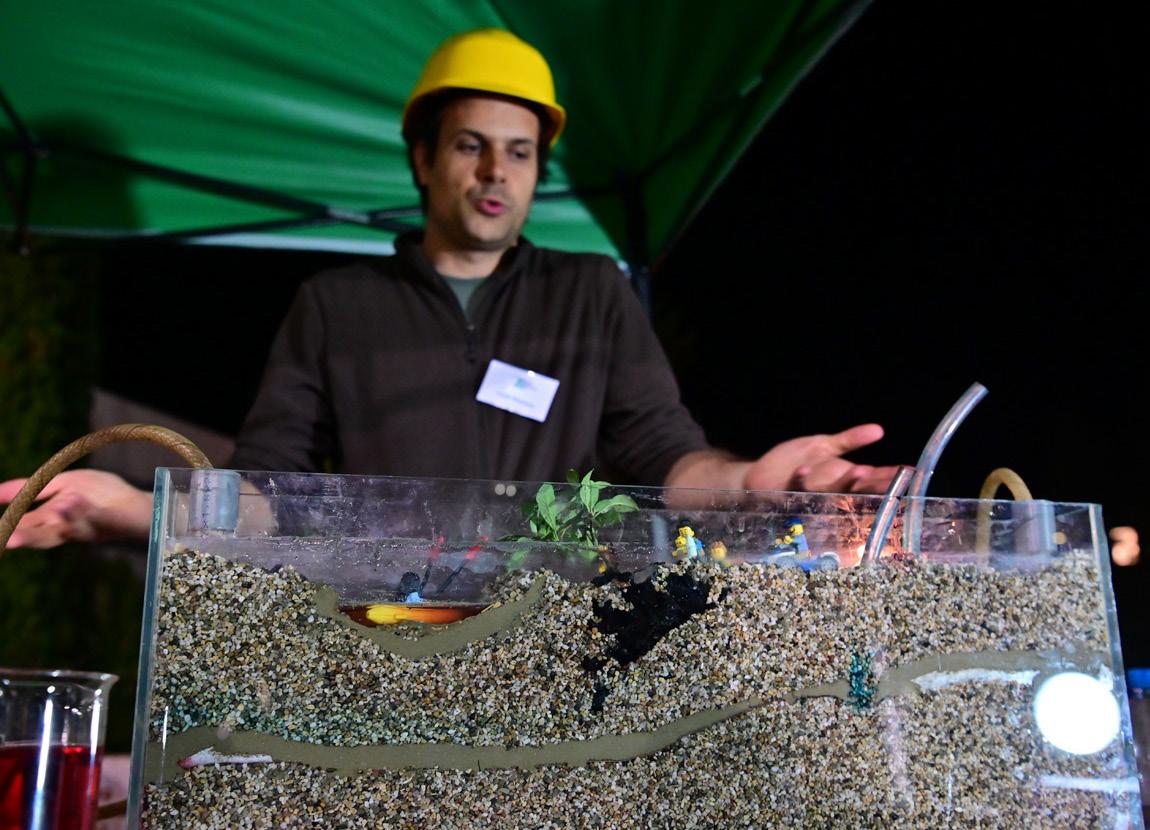
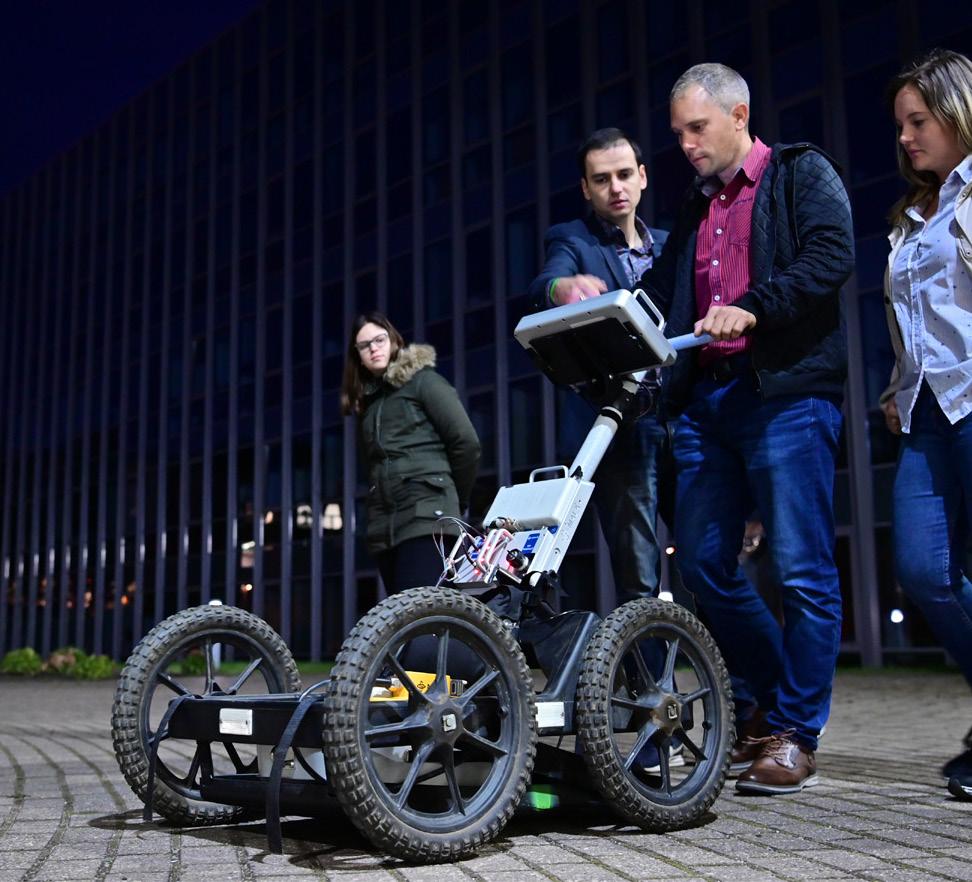

The faculty constantly strives to expand its programmes and the vast majority of its specialisations offered in Hungarian can also be chosen in dual training form. The faculty currently offers nine postgraduate specialist training courses to engineers who already hold degrees in order to provide them with further specialist knowledge.
built on the foundation of earth and environmental sciences, but also the engineering and practical knowledge to implement their scientific knowledge.
The Faculty of Earth and Environmental Sciences and Engineering is unique in Hungary in offering study programmes in earth science and engineering, mining and geotechnical engineering, raw material process engineering, and petroleum and natural gas engineering.

The main aim of the faculty is to train engineers with high-level knowledge of the natural sciences, engineering, economics and law who are dedicated to the natural environment and prepared to carry out the management of natural resources and committed to sustainable development. A major feature of the faculty is that its students can not only acquire knowledge
Outstandingly successful R&D activities have been carried out in international projects such as UNEXUP – UNEXMIN Upscaling, GROW Observatory, ROBOMINERS, CHPM2030, Intraw, and KINDRA.
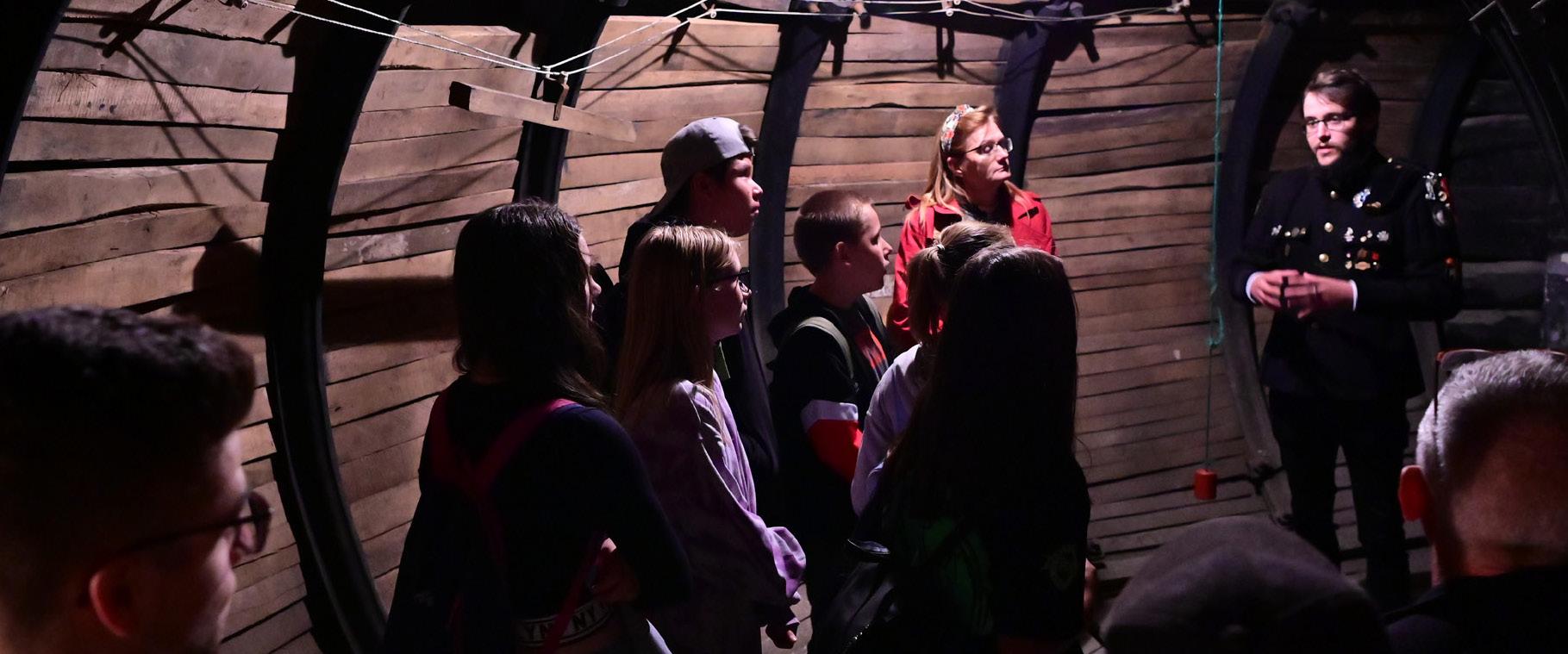
Materials science and chemistry is a rapidly evolving field of study around the world. Those who choose it as their profession learn not only about the structure and properties of materials, but also about the environmentally friendly and energysaving technologies needed to produce, manufacture and modify materials. Our faculty has always been at the forefront in materials engineering education in Hungary and has become a national centre for training. It is now possible to obtain a degree in chemical engineering here. We started this programme with the same dedication as to materials engineering, and our aim is nothing less than to establish worldclass training in Miskolc.
Our graduate engineers have a wide range of attractive job opportunities to choose from, as engineers are in short supply. Young people with high-quality technical skills and ambition are sought both in Hungary and abroad.
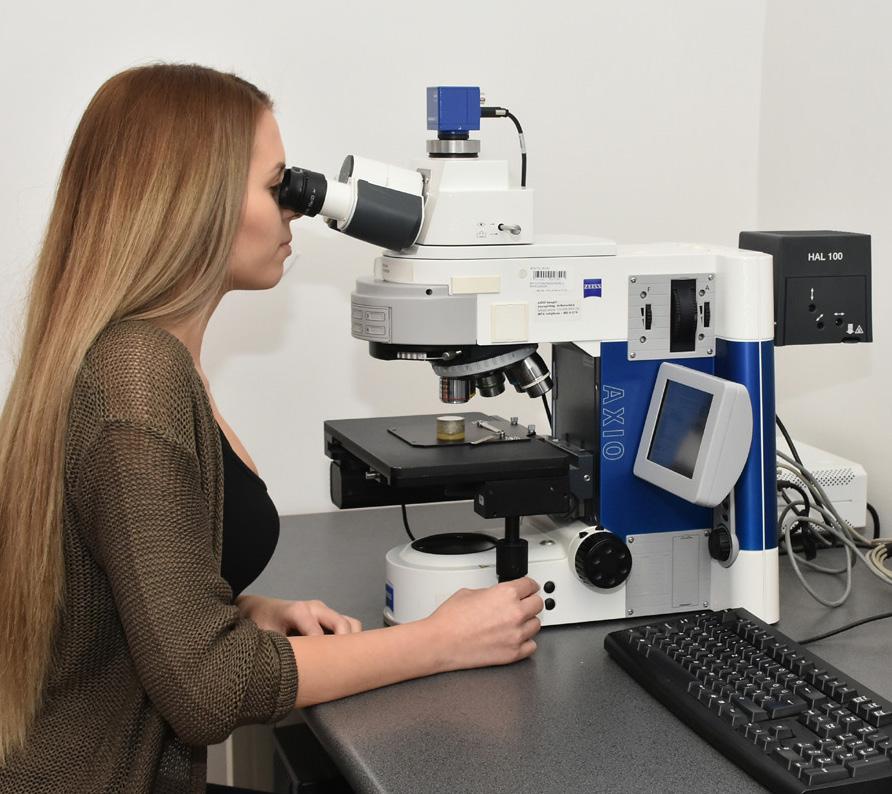
Our university offers green natural surroundings, stateof-the-art training facilities, modern
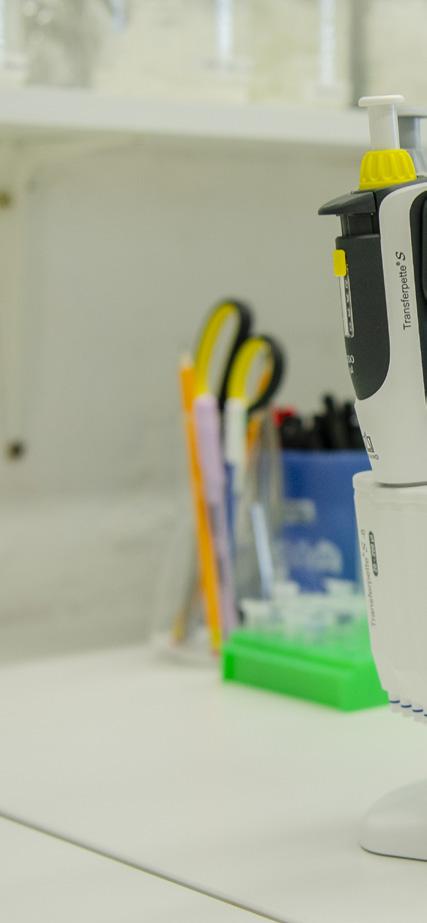
infrastructure and varied and attractive leisure activities.
The Faculty of Materials and Chemical Engineering pays special attention to serving the needs of industry and students. The University of Miskolc is at the forefront of dual training nationwide, with the largest number of dual partner companies per bachelor’s degree in the country, and students can choose from nearly 60 companies. The large number of companies that have joined our dual training programme shows the value and prestige of the diploma we offer.
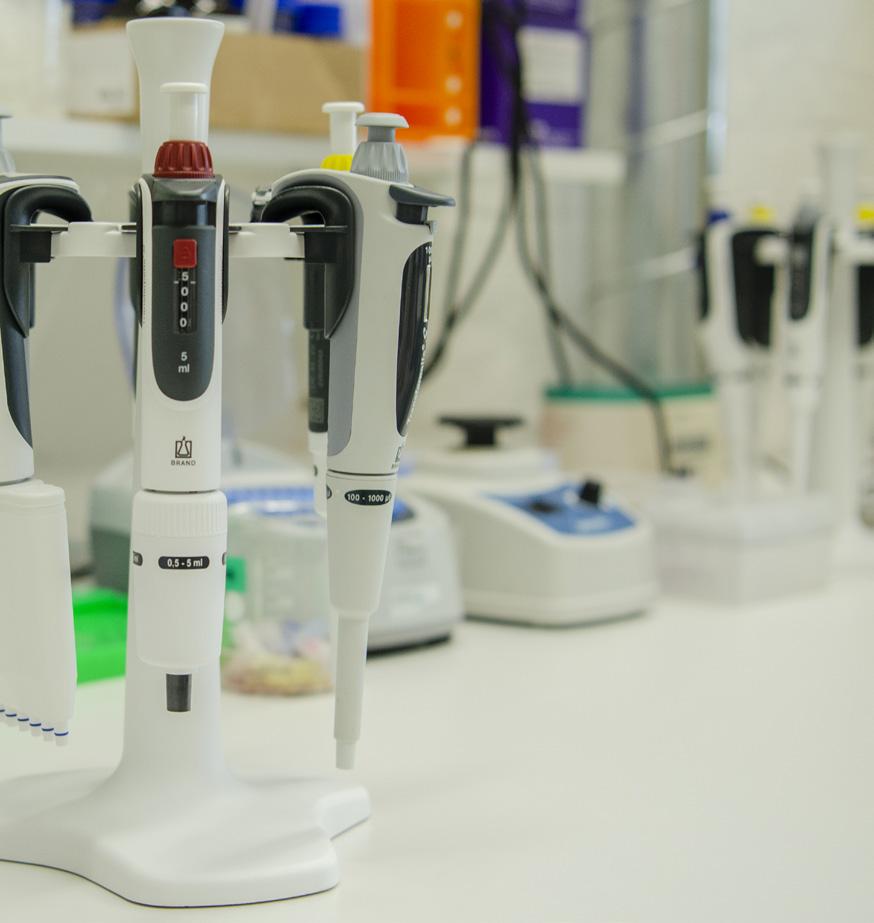
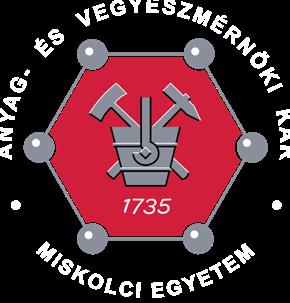
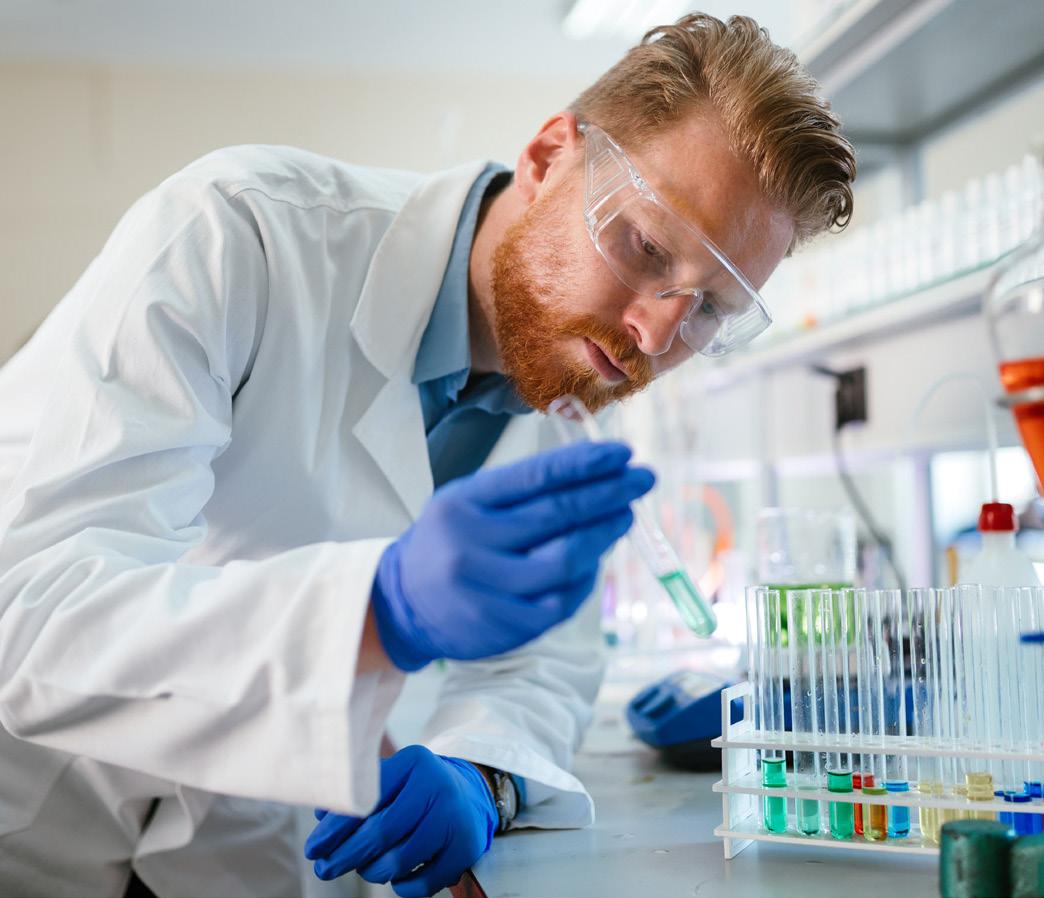
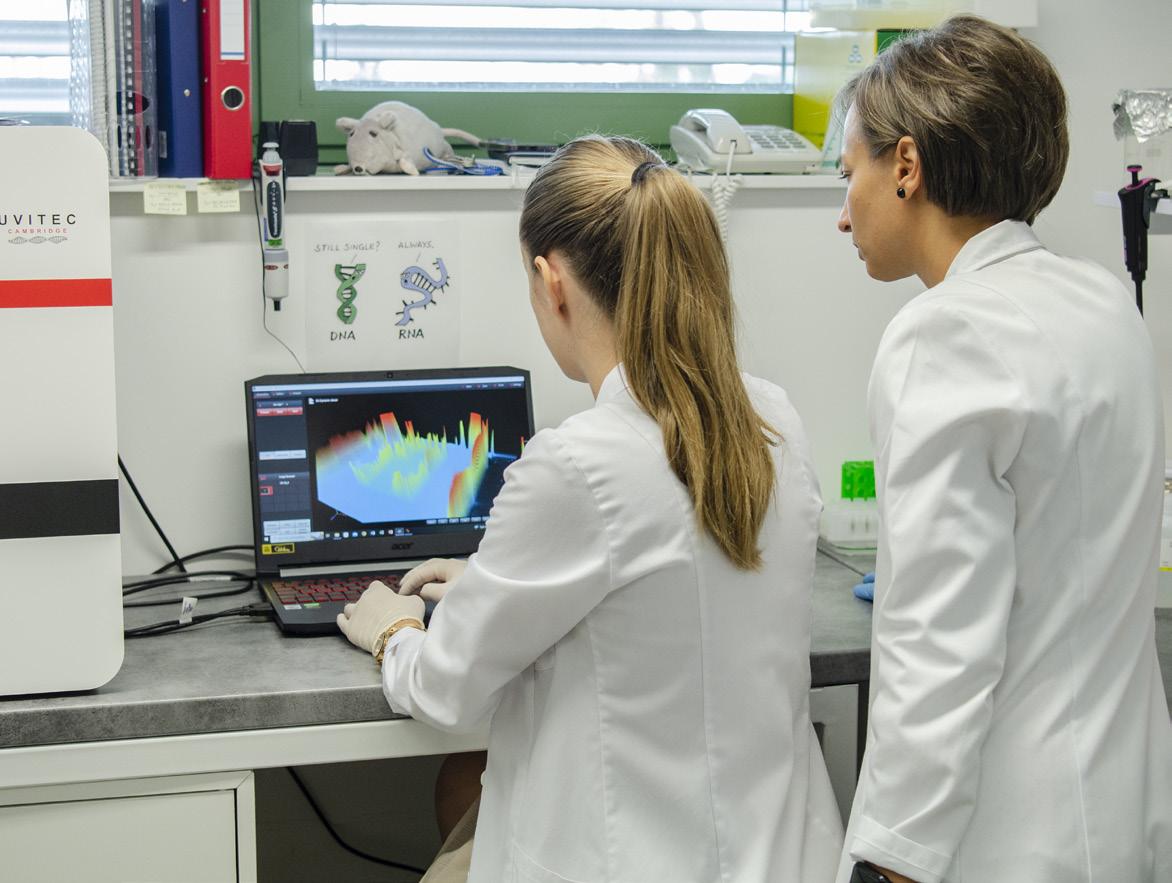
The faculty is characterised by continuous development and renewal. The goal is to provide students with the competitive knowledge and practice-oriented training required in industry.
Research and development activities carried out with our industrial partners lay the foundation for the up-to-date development of programmes and courses and enable students to be involved in projects.
The number of industrial partners is continuously increasing. Students studying in dual training programmes at the faculty gain extensive experience in industry while receiving a university education.
The faculty offers 12 undergraduate and 6 master programmes, as well as a doctoral programme. After the completion of a bachelor’s or master’s degree, students
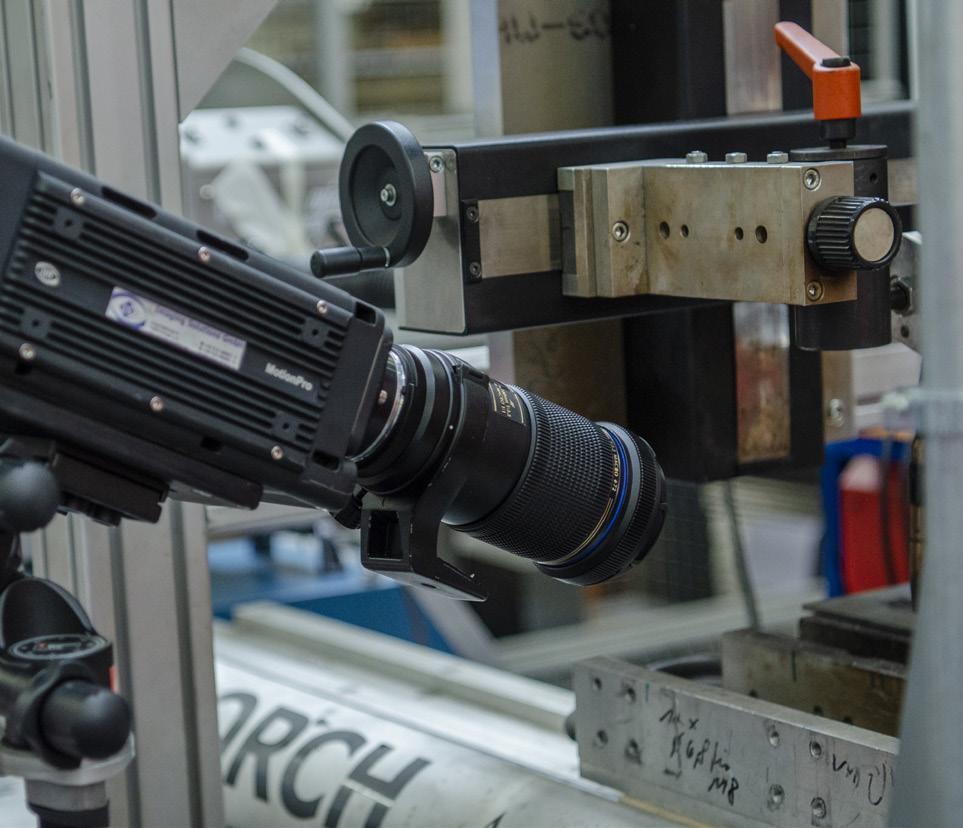

can obtain discipline-specific knowledge in our 16 postgraduate specialist training courses.
Undergraduate programmes: Energy Engineering, Business Informatics, Mechanical Engineering, Industrial Design Engineering, Vehicle Engineering, Logistics Engineering, Mechatronical Engineering, Computer Science Engineering, Engineering Management, Computer Science, Electrical Engineering, Computer Science Operational Engineering (BProf).
Master’s programmes: Energy Engineering, Mechanical
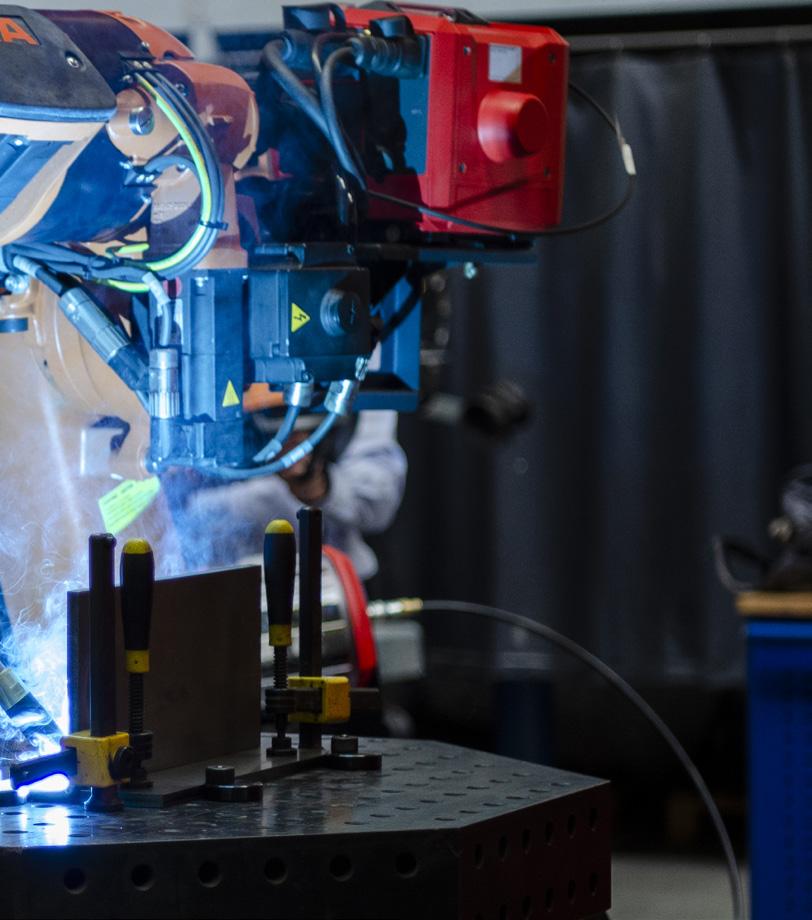
Engineering (also available in English), Logistics Engineering, Mechatronical Engineering, Computer Science and Engineering (also available in English), Electrical Engineering.
Our students have been achieving outstanding results in domestic and international technical competitions for several years (e.g. Go-Kart, GoBosch competition, Techtogether competition) using our state-of-theart laboratory equipment.
It is possible to obtain a PhD in one of the two doctoral schools of the faculty under the supervision of nationally and internationally known lecturers.
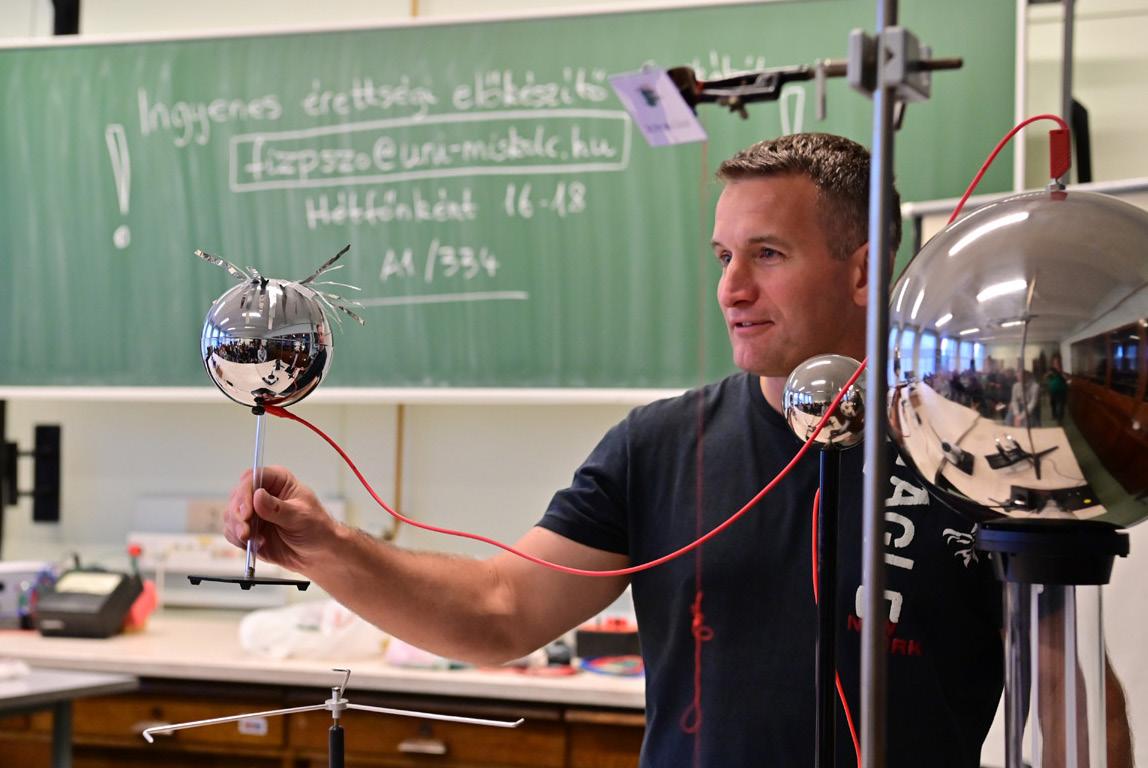
Our educational aims are to train professionals with legal qualifications who have acquired the basics of political science and related social sciences and are qualified to practice law in the public and private spheres.
Graduates can take part in dealing with problems in the economic, social, interstate and civil spheres on an international stage, especially in Europe.

We are committed to providing our students with the highest level of practice-oriented training. They can practice the basics of the craft in our sample courtroom.
We have excellent relationships with corporate and administrative partners in order to implement hands-on training. Our programmes are also taught by internationally recognized faculty members. The faculty hosts eight centres for legal and interdisciplinary research.
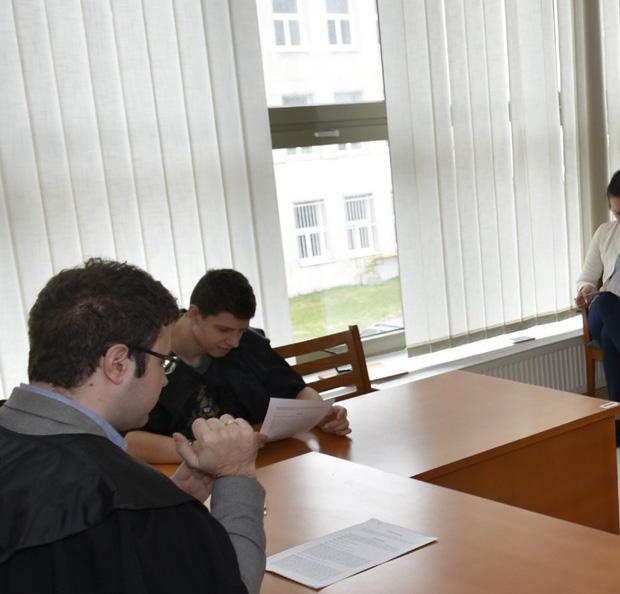
We provide scholarships and study abroad opportunities within the Erasmus+ program, and we work with about 30 foreign law faculties.
We also offer specialized in-service training – some courses also in English – including training for those who do not have a law degree but who aspire to be even more successful in their profession.
Doctoral studies are available in both Hungarian and English. International students can also join the PhD programme
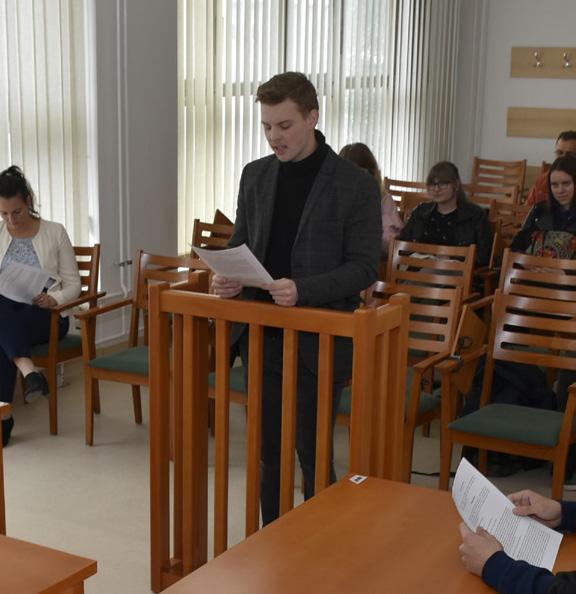
with a Stipendium Hungaricum scholarship or the Central European Academic Scholarship Program.

The economic and social changes taking place today pose serious challenges for economics education. We train graduates in economics who speak a world language to the standard required to practice the profession and who have hands-on training in addition to theoretical knowledge.
The Faculty of Economics currently has international partners in 25 countries on four continents, which enables the development of wideranging educational and research collaborations in addition to student and faculty mobility.
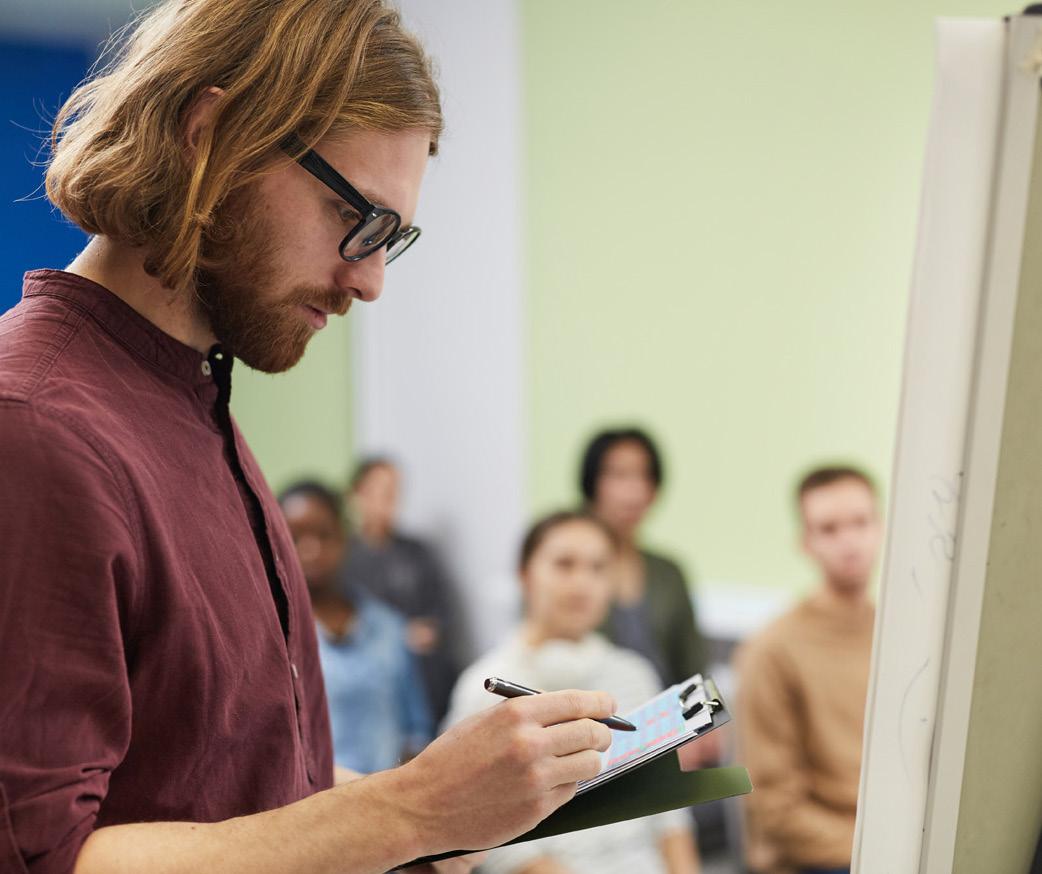
Our students not only get acquainted with their future tasks in seminars but also get in touch with companies and institutions during their internships, where they can acquire the skills of the profession in a real business environment.
The institutes of our faculty deal with economic theory, management, marketing and tourism, finance and accounting, management science, and regional and world economics.


Our faculty has a large number of students involved in international exchanges. We encourage our students to take part in study abroad programmes as well as in summer internships abroad.
Real corporate examples and situations strengthen the knowledge of our students participating in dual training programmes, who gain work experience, skills and abilities that are useful in the labour market.

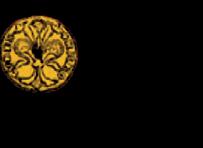
The faculty has eight research centres the main topics of which cover sustainable development, marketing, landscape and settlement research, spatial economics, business development, strategy and technology development, social innovation and financial literacy.
We also pay special attention to nurturing talent through operating a college for advanced studies with the participation of the most talented students, which provides not only a professional but also an intellectual community.
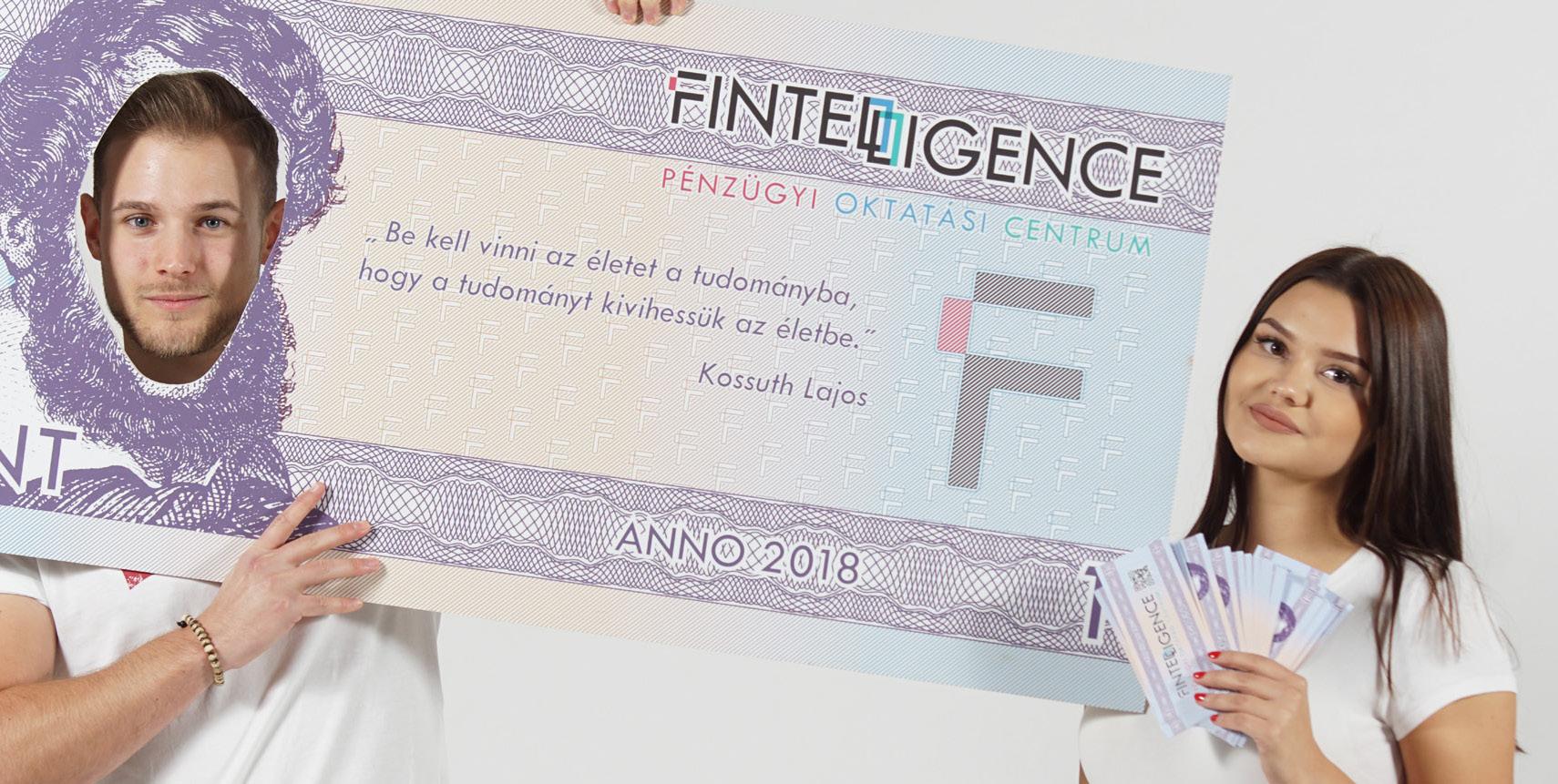
The Faculty of Arts ans Social Sciences offers programmes ranging from classical humanities subjects to modern social sciences, including studies in education. Some master programmes are taught in English, such as Central European Studies, with a broad focus on topics related to the region, and Cultural Anthropology, with its hands-on approach and plenty of chances for fieldwork.
The Doctoral School of Literary Studies offers PhD courses not only to our graduates but to all those from Hungary and abroad interested in literary science and textology.
Humanities and social sciences have been taught and researched at UM for three decades now. Our programmes focus on up-to-date, applicable and practically-oriented knowledge and skills.
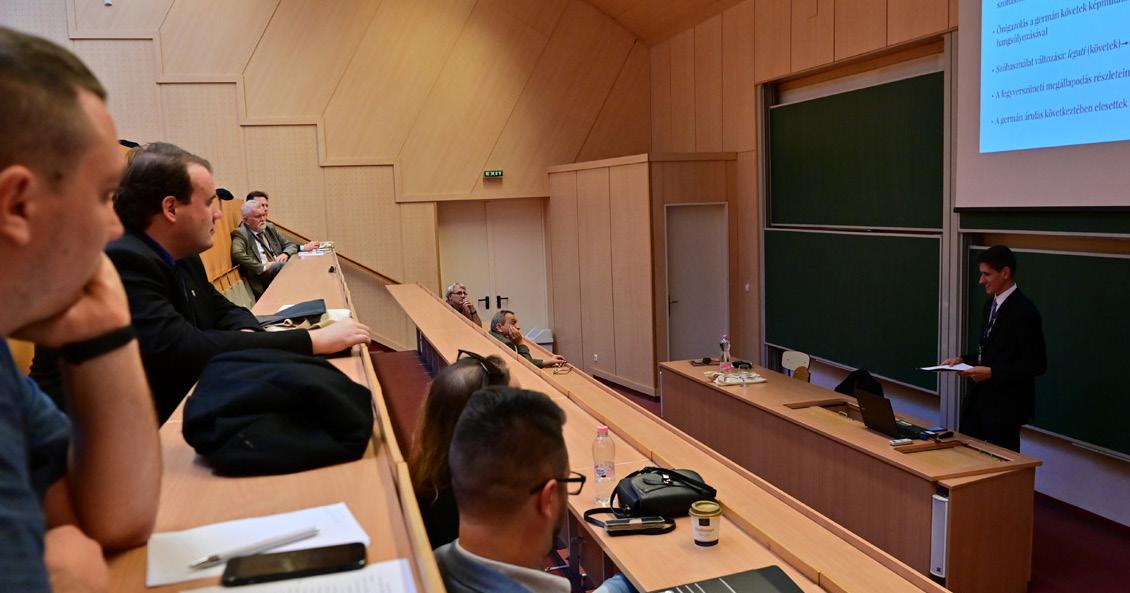
We offer 12 BA and 10 MA programmes along with teachertraining programmes. National surveys show that we are among the leading faculties of arts in both teacher qualifications and student satisfaction.
Here you’ll find a friendly community, unique student traditions and one of the country’s most beautiful campuses. Nearly 90% of our students stated that if they could choose all over again, they would gladly choose UM’s Faculty of Arts and Social Sciences.
Our specialised post-graduate training courses build on any kind of earlier degree to provide further professional training. The timetable allows students to
participate in these part-time courses while holding down a job.
The faculty has seven institutes: Hungarian language and literature, history, anthropological and philosophical studies, modern philology (languages), applied social sciences, and teacher training and educational methodology.
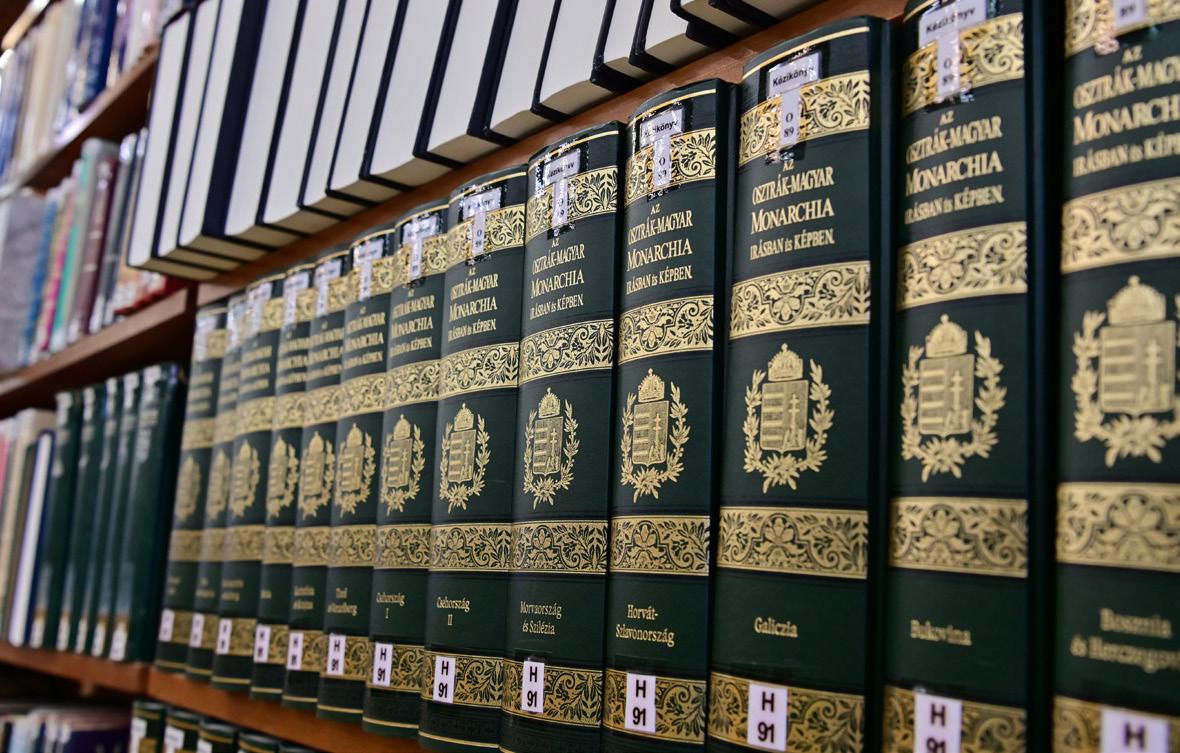

We provide our training to the students in cooperation with other faculties of the University of Miskolc, our teaching hospital, health care institutions and professional organisations in the region, adapting to the changing requirements, social needs and labour market expectations of our time.
Our mission has always been to locally provide higher education degree options for health professionals to benefit the region in prevention, imaging diagnostics, patient care, rehabilitation, health tourism, recreation, health social work and laboratory diagnostics.
The quality of our courses is guaranteed by well-known medical educators and recognised experts in the health sciences and interdisciplinary disciplines.
Our faculty is also involved in nanobiotechnology research, primarily in nanomedicine, nanotoxicology and nanotechnology, and has a research laboratory for these purposes.
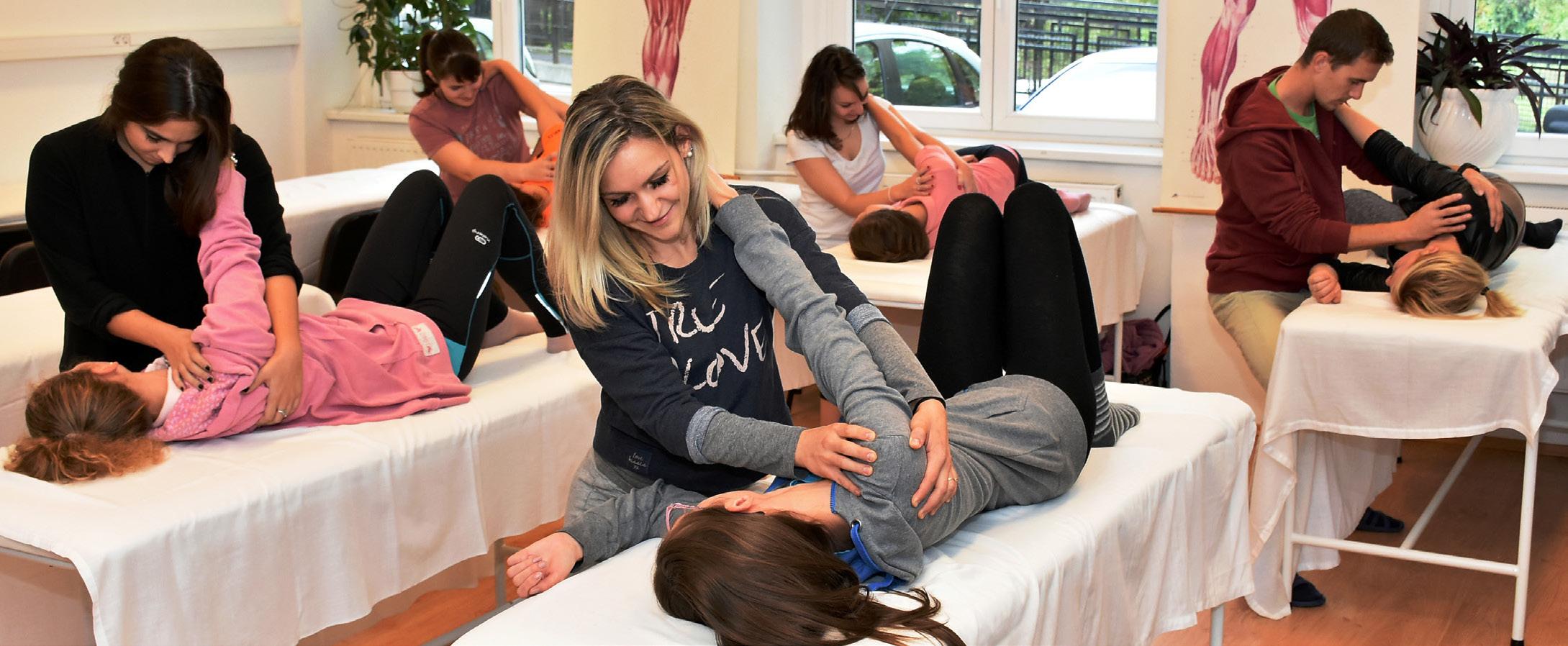
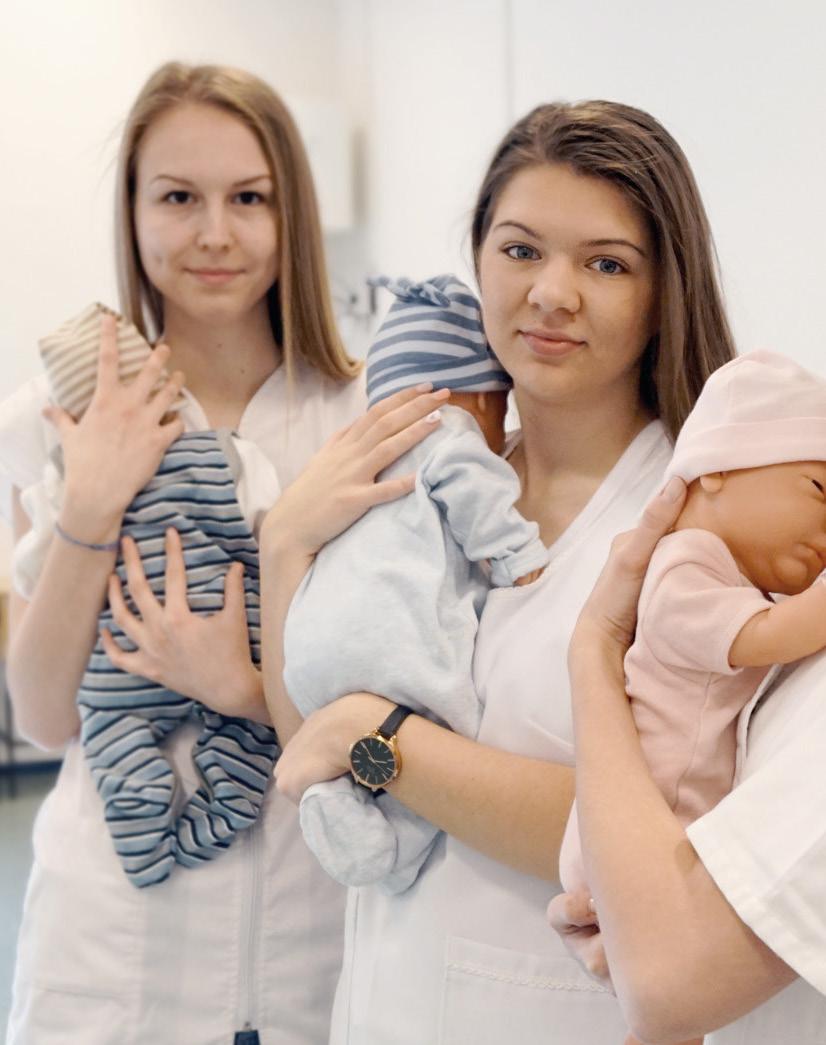

Research is also underway in the field of diabetes. A program called HUNDRISK aims to screen for risk factors for type 2 diabetes in children and adolescents. Physical fitness and health-related quality of life are measured in children and adolescents with type 1 diabetes.
In cooperation with UM’s Faculties of Economics and Earth and Environmetal Sciences and Engineering, we established a Virtual Health Tourism Research Centre, where complex climate and hydrotherapy and movement therapy studies and research are carried out in the Miskolc-Tapolca Cave Bath.
We also have a Recreation Laboratory equipped with a climate therapy salt cabin, a massoptimizing steam cabin, a jade stone massage table and various measuring instruments.
We are participating in the ‘Student Life Cohort in Europe’ (SLICE) project. In this context, a long-term international comparative study of students’ health behaviour is being carried out involving students from several European countries.
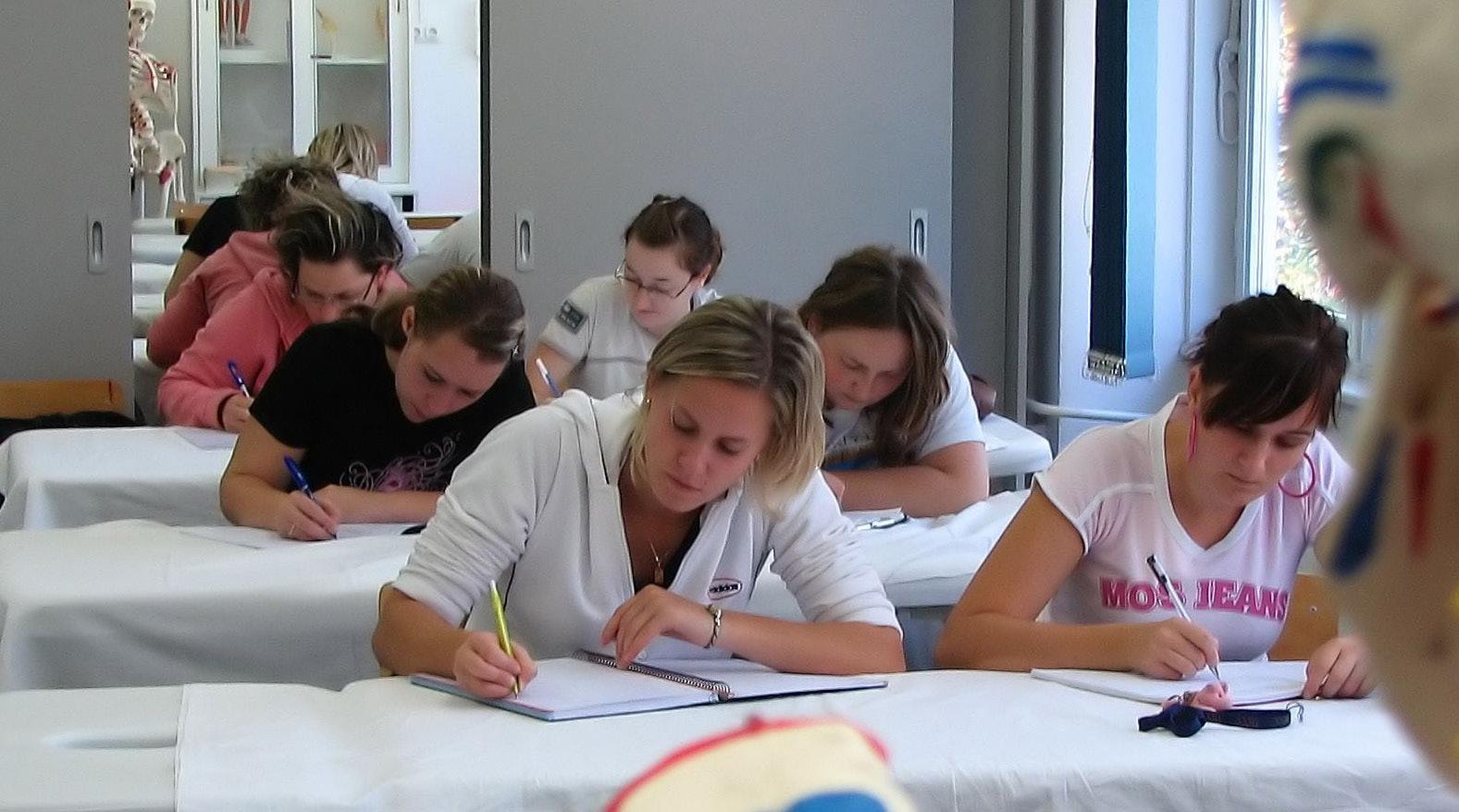
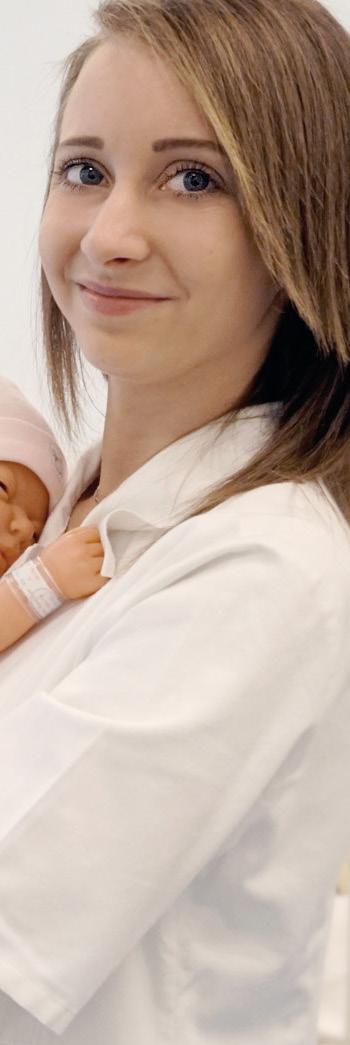
Our specialties: piano, violin, viola, cello, bass, guitar, trumpet, clarinet, oboe, bassoon, flute, recorder, French horn, trombone, tuba, saxophone, percussion, classical singing, knowledge of the music, choral conducting, performing arts and music theory.
Several of our students achieved excellent results in Hungarian and international competitions (such as the international orchestra competition organized by Samnium University of Music and Mozarteum Salzburg or the Wiener Danubia Talents International Music Competition).
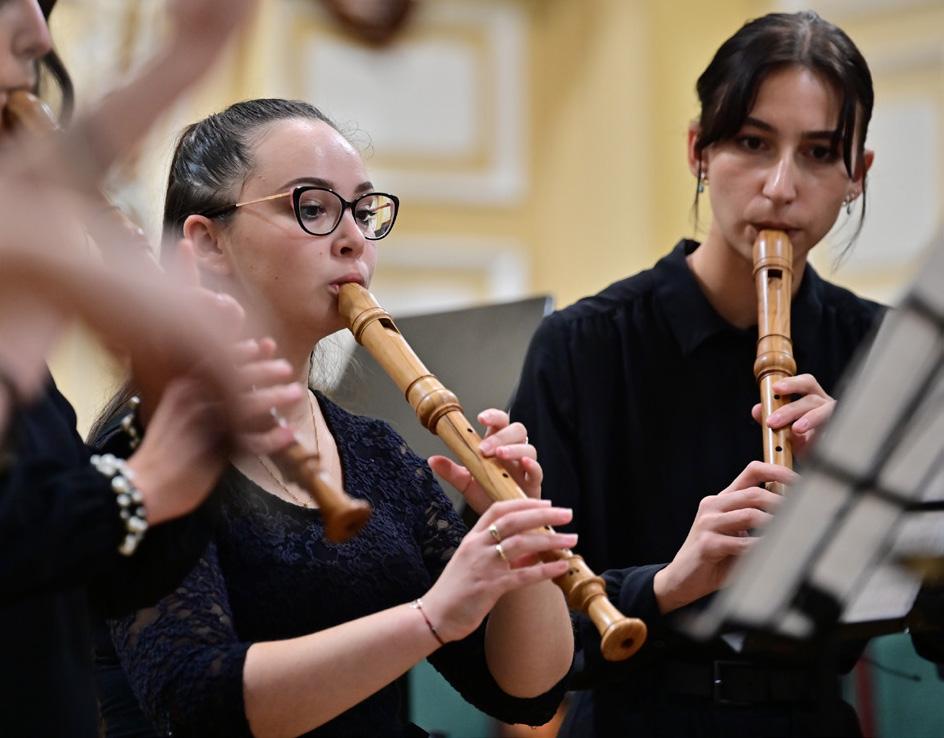
At our faculty applicants can choose between the BA programme (6 semesters), teacher training (10 semesters), the MA (2 or 4 semesters), and specialised inservice training.
Currently, art and pedagogical training are also provided in institutes for strings, piano, wind instruments and music theory under the guidance of internationally recognised and dedicated teachers with the highest musical qualifications and academic degrees.
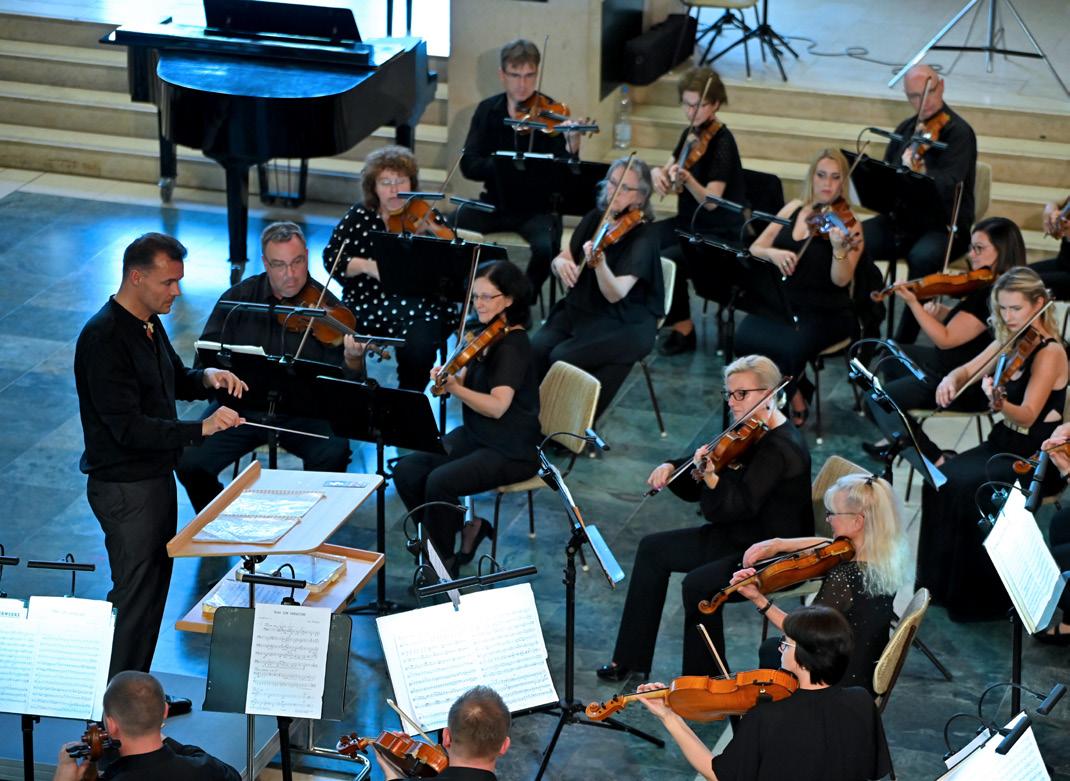

From September 2021, master classes in artists, oratorios and songs, clarinet, cello, piano and guitar started in our five departments. Pro Strating in September 2024
BA programs in popular music are also offered in cooperation with the Egon Póka Art Academy. The faculty has a symphony orchestra, a string orchestra, a brass band, a percussion ensemble, an early music ensemble, a guitar band, a female choir and a mixed choir.
Our current and former teachers are members of the country’s leading bands, musical institutions, and ensembles (the Hungarian State Opera House, National Philharmonic Orchestra, Budapest Festival Orchestra, Hungarian Radio Symphony Orchestra, Miskolc Symphony Orchestra).
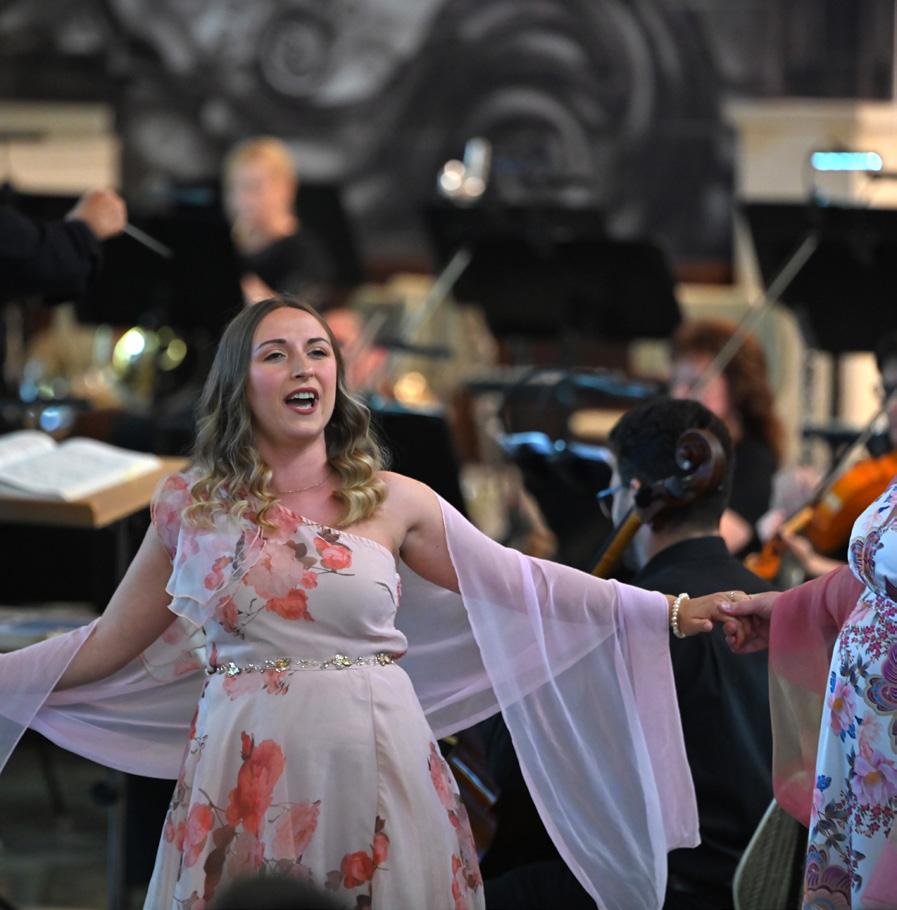
Our graduates are active as teachers, soloists, orchestra and choir musicians in Hungary and many other parts of the world.
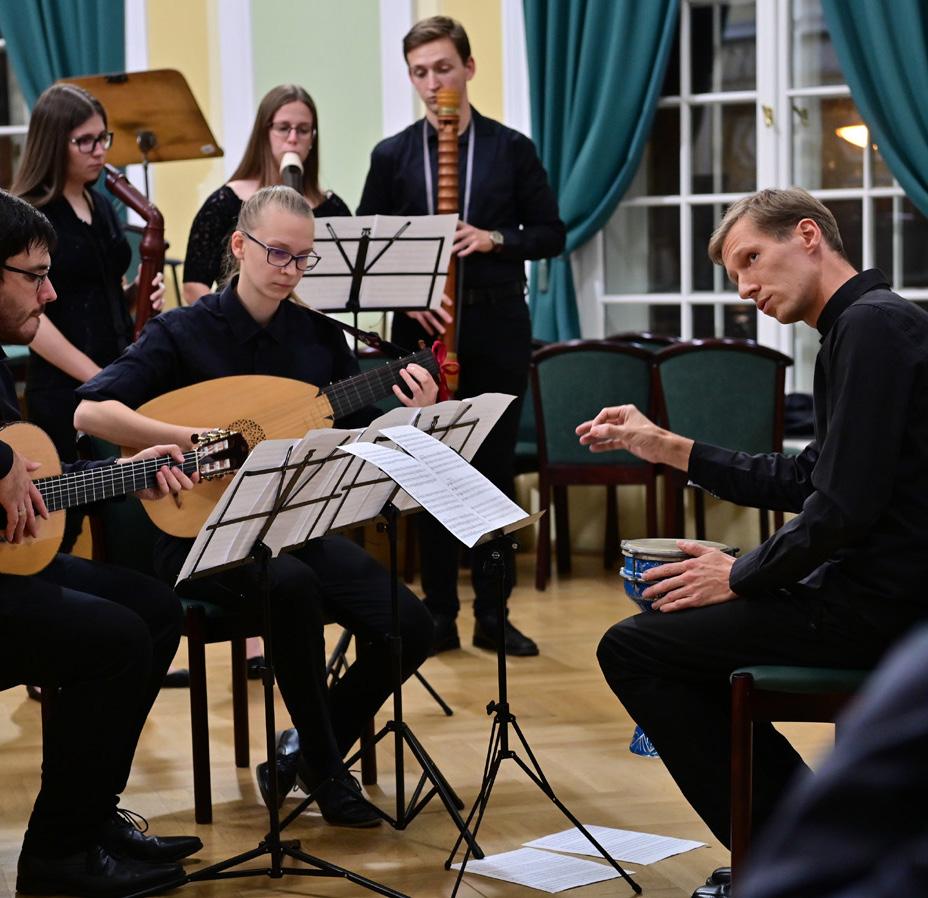
The University of Miskolc (UM) aims to actively contribute to the development of the European Higher Education Area through its high-level Hungarian and English language study programmes, its R&D activities, academic publications, increasing numbers of international students, and its international academic and research network.
International students may study in a degree programme at the university as a self-financing student or a Stipendium Hungaricum scholar, or they may study for a limited period of time as exchange
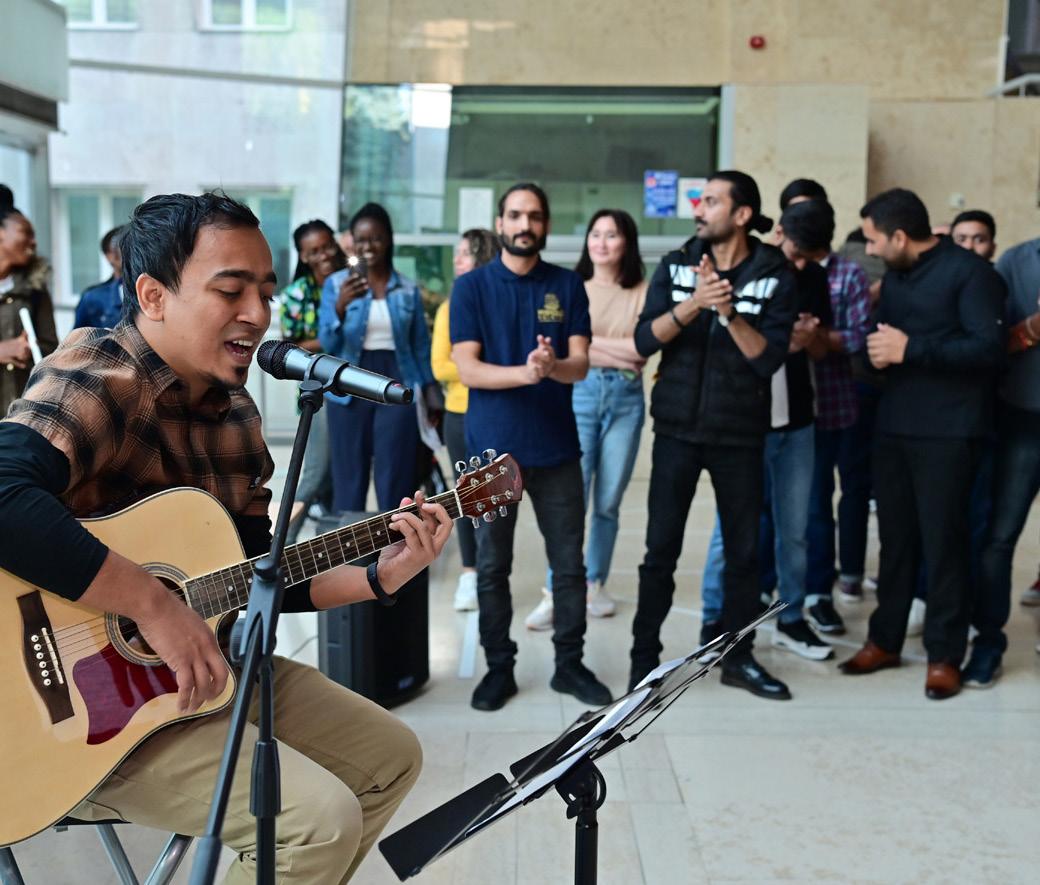
students. The eight faculties of University offer more than 20 degree programmes taught in English at the bachelor, master or doctoral level in the following areas: humanities and social sciences, engineering, information science, economics and law and music. The university is expanding and improving the services available to international students and staff. A mentor system assists with adjusting to university life and studies, oncampus housing is provided, special cultural, community and academic programmes are organised.
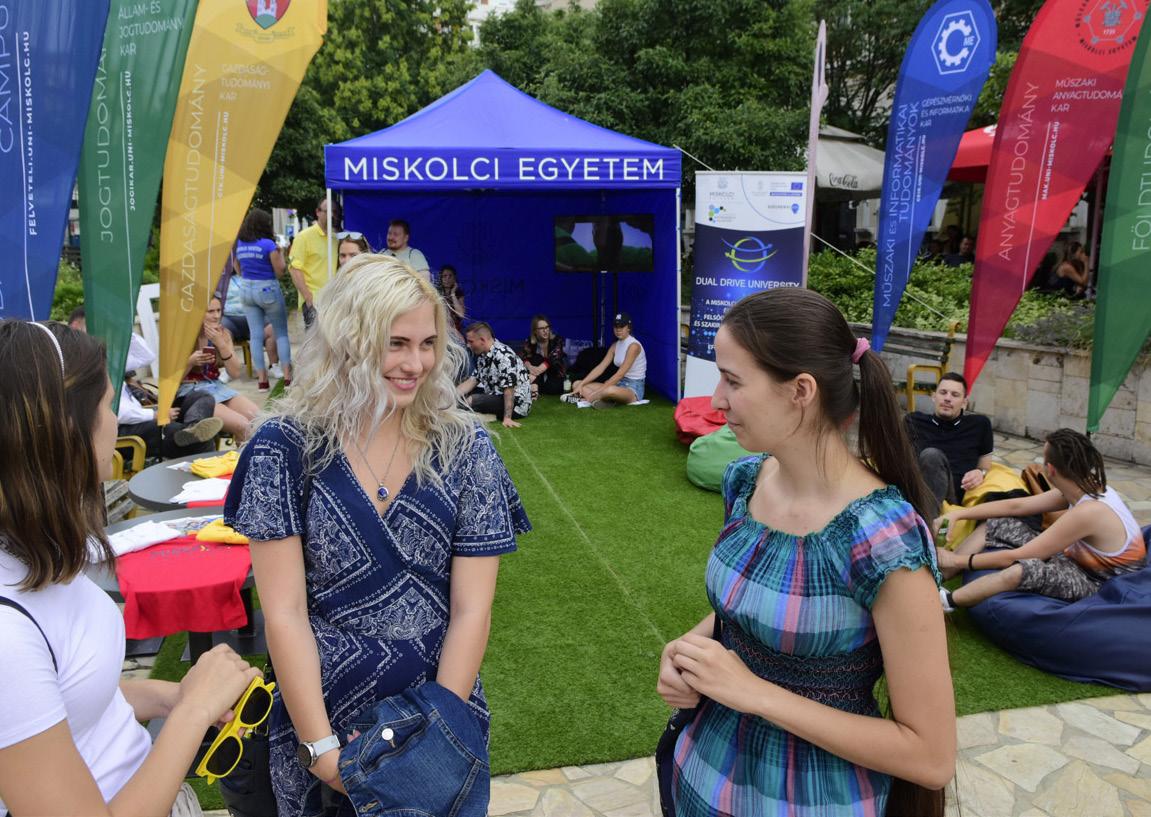

The majority of exchange students come to the University through mobility programmes, representing many countries, and can choose from over 400 courses taught in English. The university is also involved in double-degree and multiple-degree programmes. The University of Miskolc has several hundred international agreements for inter-university projects and various international study and research programmes. UM also has around 130 strategic partners.
The academic achievements of UM are recognised in international rankings. The university is among the institutions listed in the Times Higher Education and QS World University Rankings (since 2020) and also in subject rankings for engineering.
UM researchers carry out basic and applied research of national and international significance that strengthens the university’s role as centre for innovative knowledge and research. The university pays special attention to presenting scientific results and new knowledge in Scopus-indexed articles.
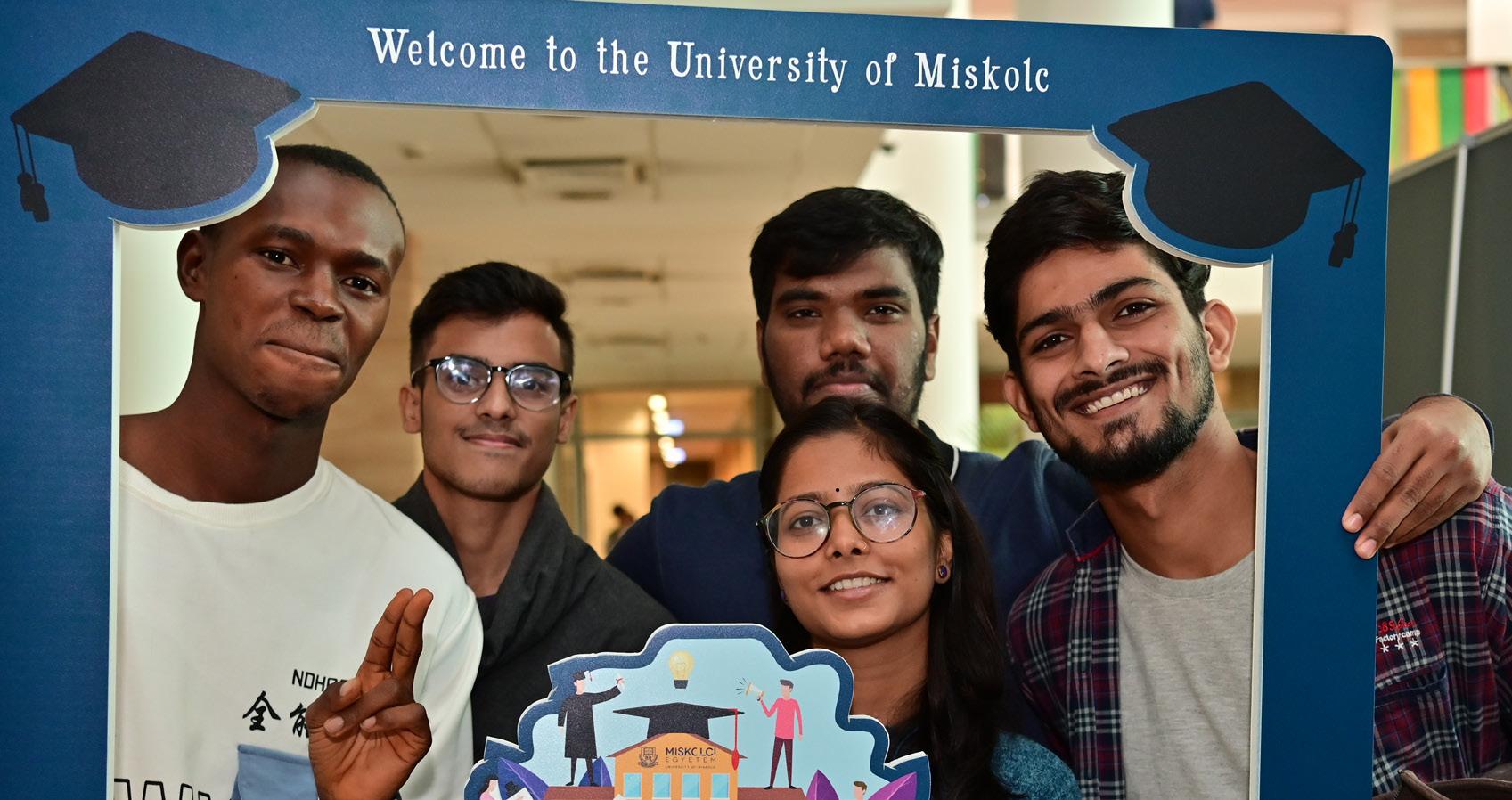
The university is committed to ensuring the well-being of students and employees by promoting a health-conscious lifestyle, so the continuous development of sport services and infrastructure is a strategic issue.
The primary task of the UM sports office is to provide both students and employees with leisure and sports programmes on an expanding scale and to an ever higher standard. This means organising sports afternoons on a weekly basis, currently featuring 15 different sports, as well as institutional competitions and sports days, so that everyone can find a form of movement that they like.
Since its founding in 1951, our university sports club has played a key role not only in the sporting life of the university but also in the city. In its current 10 divisions, it provides
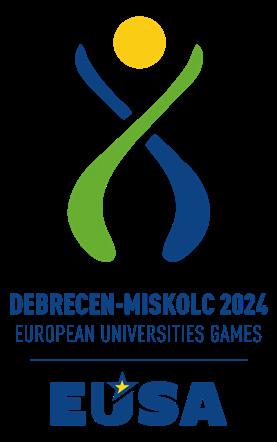
an opportunity to compete to 650 athletes. Beside the great success of the first-class basketball team, the volleyball and futsal teams of MEAFC are also frequent winners.
The Freshmen Sports Day and the University Sports Day gain a larger number of participants year by year. UM regularly hosts national university championships and the relay footrace through the mountains can be highlighted as a traditional event.
Our institution is an active member of the international university sports movement. In 2016 we hosted the Orienteering World University Championship, in 2017 the Basketball European Universities Championships, and in 2024 we are the co-organiser and host of the European Universities Games, the largest student sports event on the continent.

In addition to being a catalyst for several important infrastructure investments, the Games play an important role in promoting a health-conscious lifestyle and dual career, offering our students many opportunities to gain professional experience and develop individual competencies, and also contribute to achieving the sports concept and sustainability goals of the university. UM has a high-quality sports infrastructure. The sports hall was completely renovated in 2017 and outdoor playing fields serve many sports disciplines. Tennis courts and a modern condition-ing gym are available for students and employees, and a swim-ming pool and an athletics centre are located next to the campus.We
now have a new tennis centre of the highest international standards. We also have outdoor beach volleyball courts and a 2-km-long Tartan running track on campus.
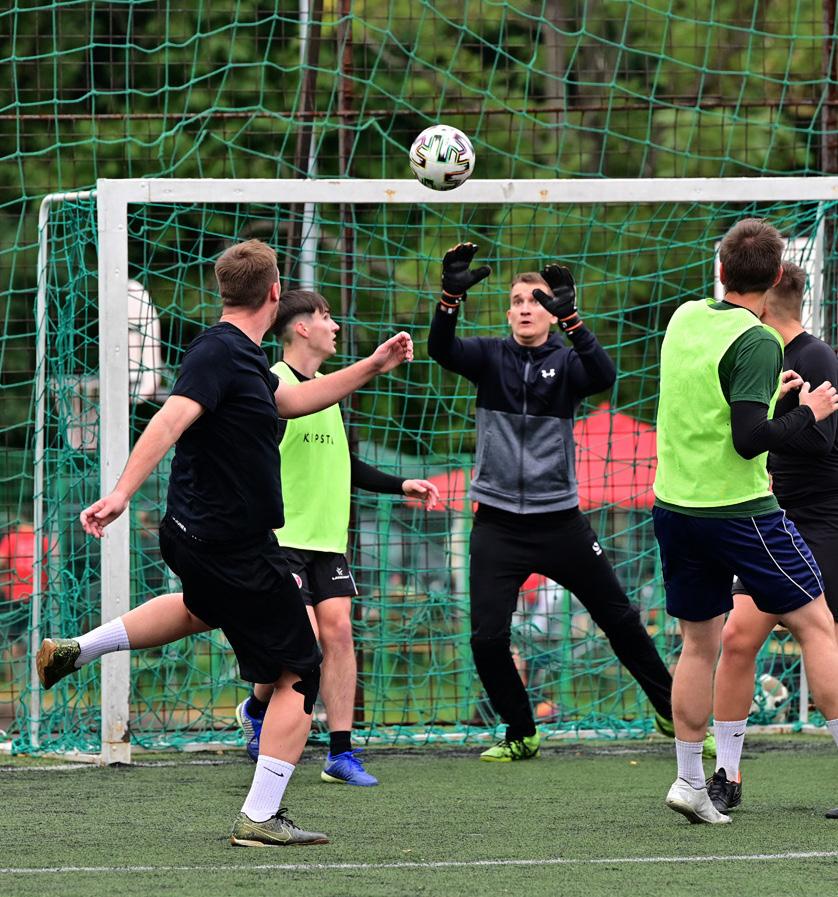
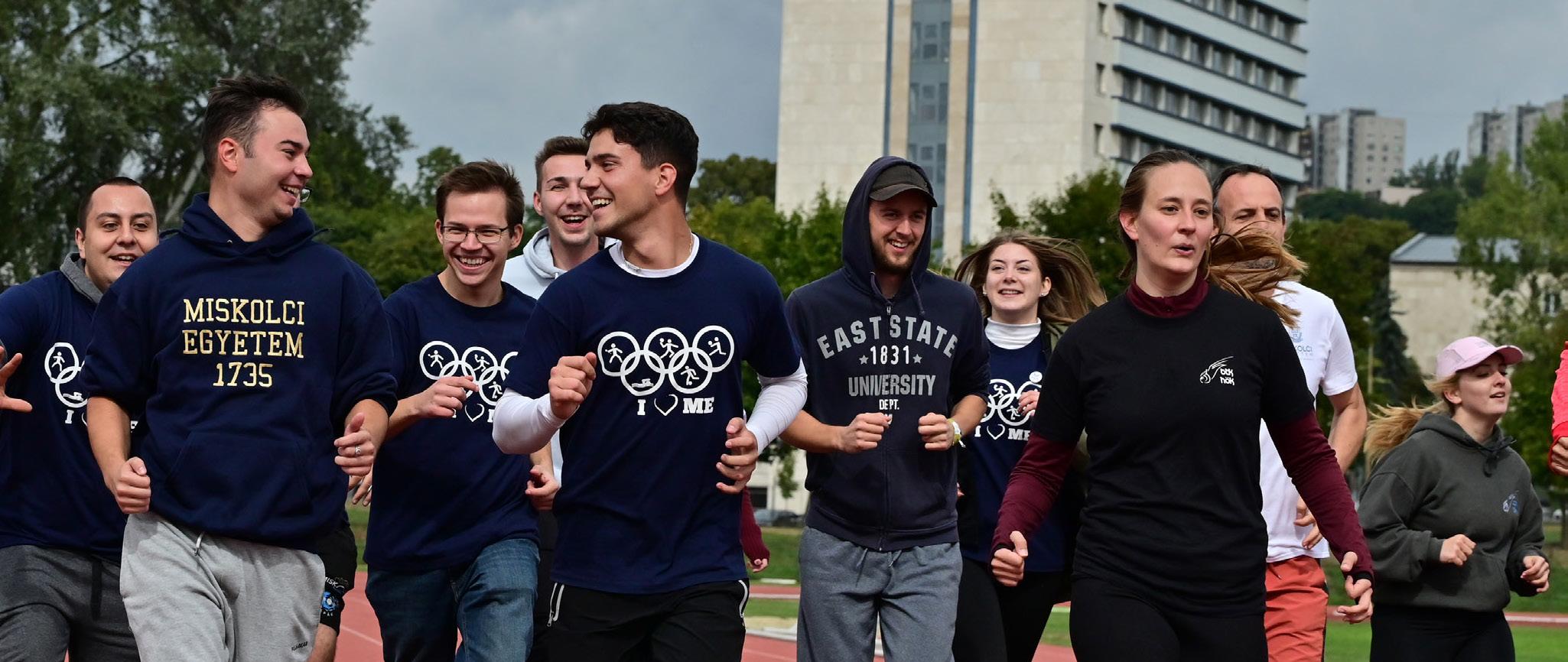
The developments involved in the GSC project are the basis for creating a more effective and fruitful scientific, innovation, artistic and educational ecosystem for the university.
The infrastructural development focuses on providing a modern environment for education and on refurbishing and renovating our buildings to better serve the needs of our students and employees. Our organisational and educational development focuses on creating inclusive higher education.
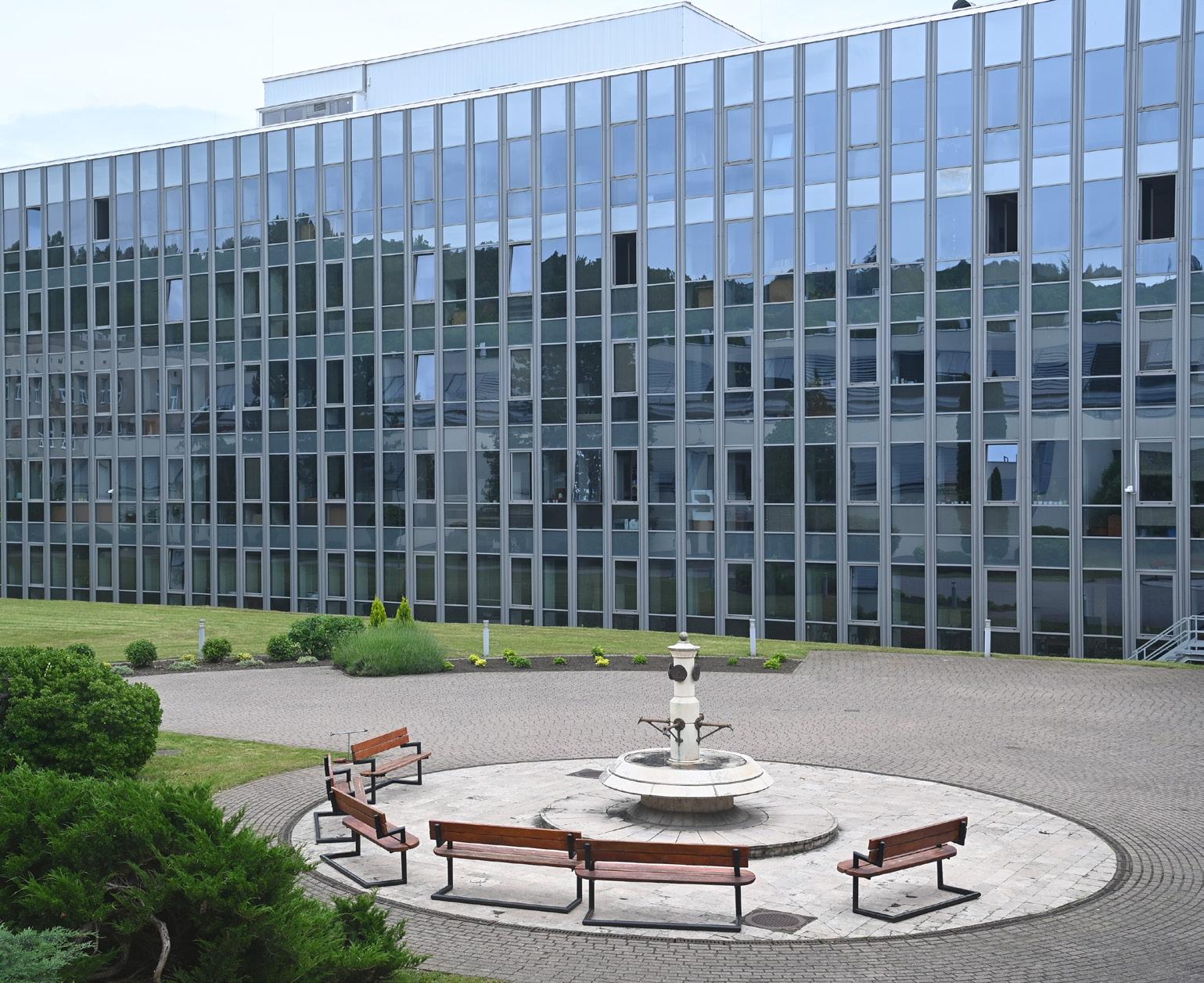
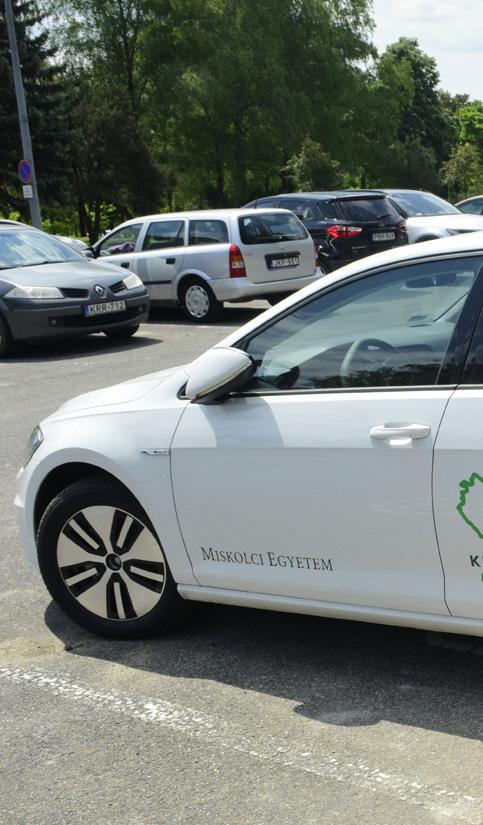
Based on previous traditions and existing knowledge, we plan to establish five new STEM research centres to carry out research of strategic importance for Hungary and the European Union.
We also wish to expand our health science and social science research capacity, which will strengthen our third mission activities.
Digitalisation, energy efficiency and the use of renewable energy, the increase of RDI potential and an emphasis on economic development are all major features of our development goals.
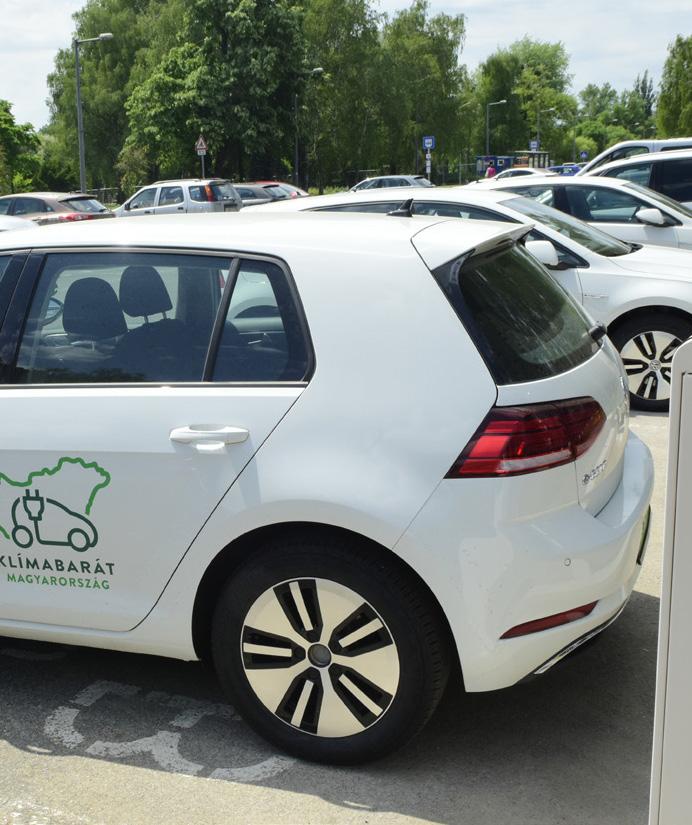
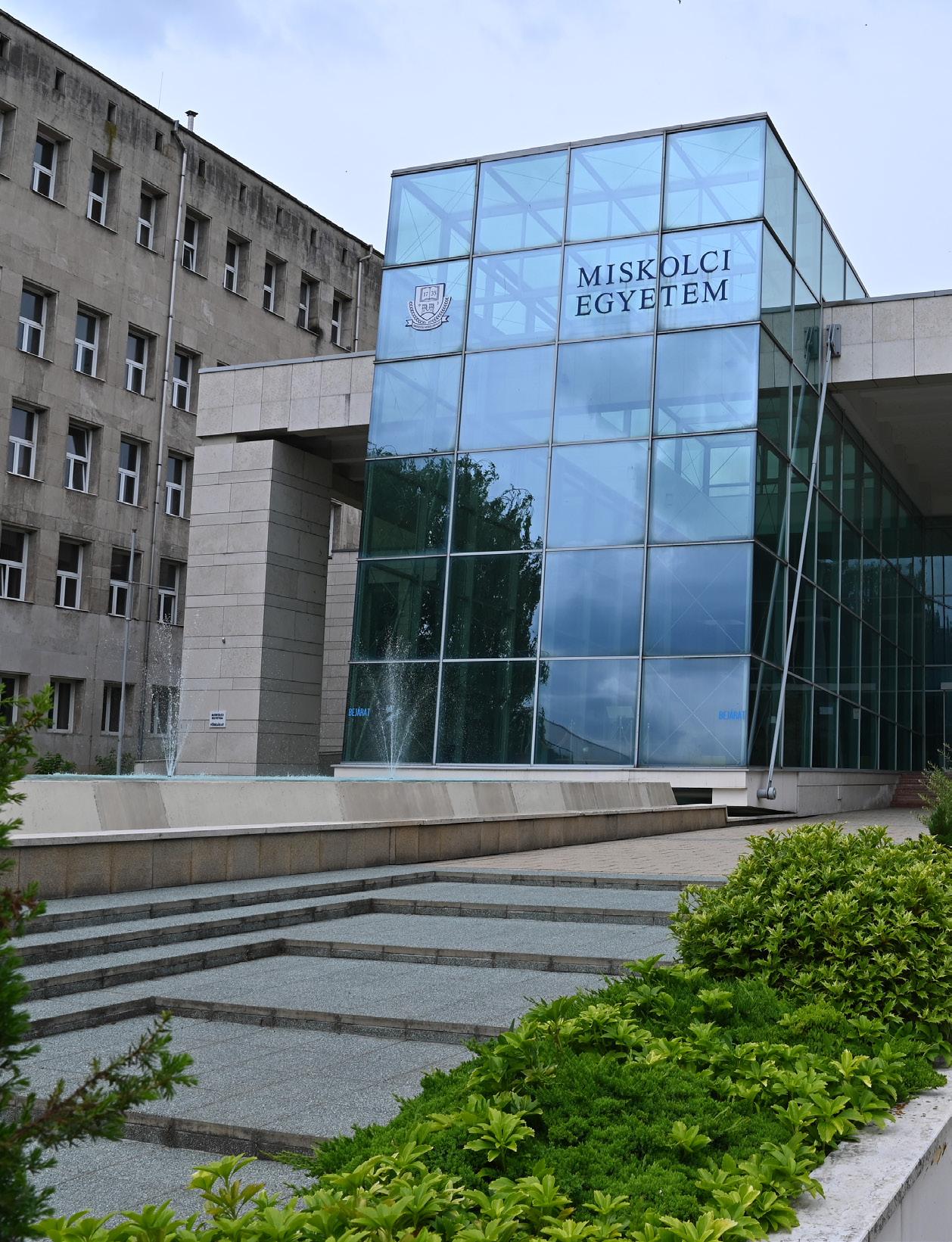
As a result of the change in the model of higher education, from 1 August 2020 the institution is maintained by a public trust fund, the Universitas Miskolcinensis Foundation.
New form, new goals. The Foundation defines its aims for itself and for the university in the areas of finance and management, social and economic contributions, cross-border regional and international activities, as well as academic aspirations. The overarching goal is for the institution to become an active market participant and economic organisation.
Our financial management goals are to establish and operate a transparent management system that serves the basic activity of researchers and lecturers, ensures sustainable development and the prosperity of the university and strives for a positive financial outcome.
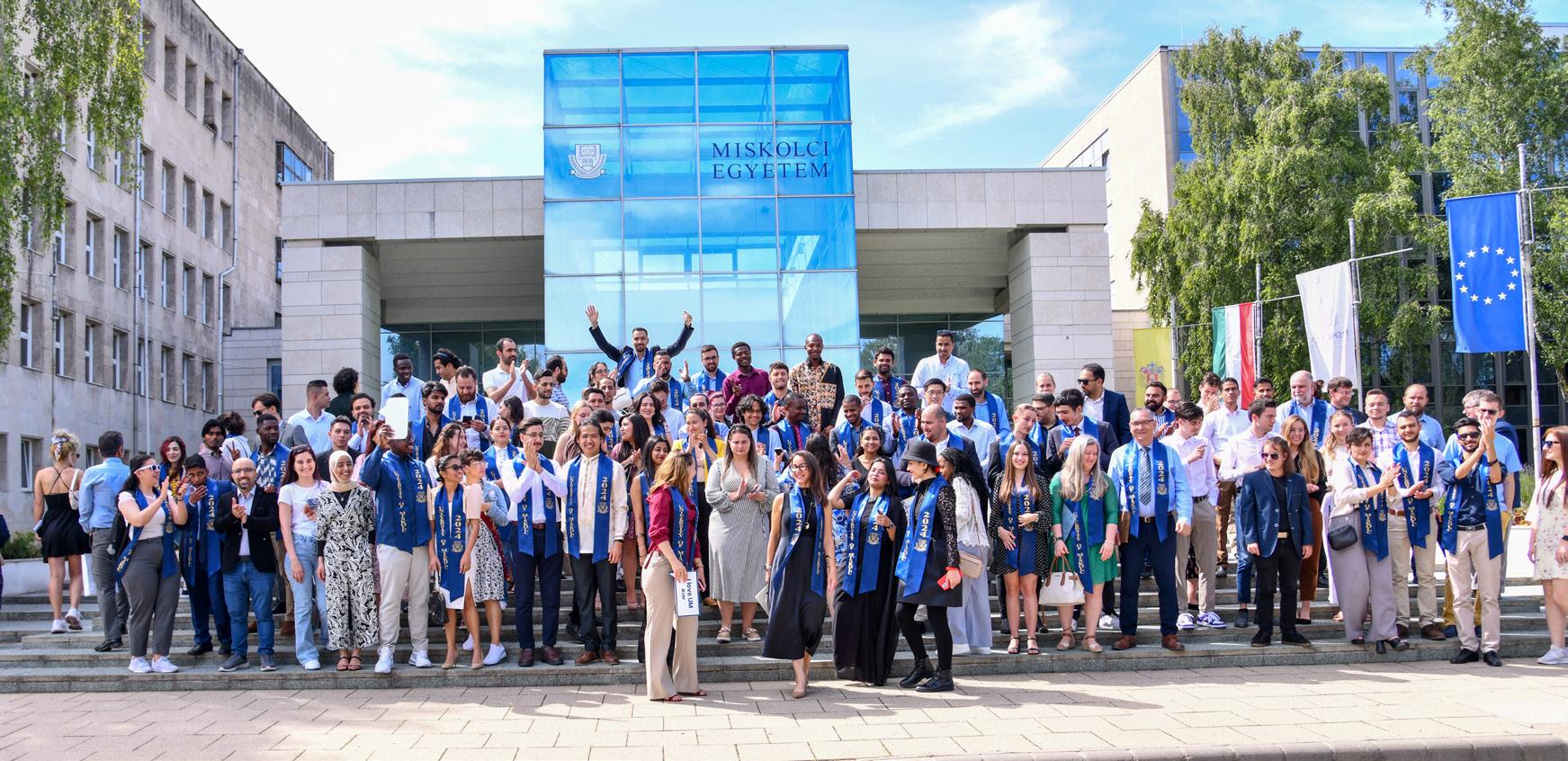
Our social and economic goals are to further develop high-quality courses that provide useful skills and up-to-date knowledge, to establish close co-operation with the actors of economic life and with state, governmental and local government bodies and organisations, and to identify and adapt to their emerging needs.
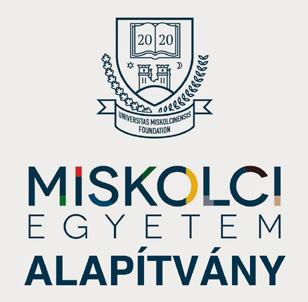
Our cross-border regional and international goas are to promote and support the industrial opportunities and economy of the cross-border region, to educate ethnic Hungarians from neighbouring countries, and to increase international recognition and strengthen relations by hosting students and lecturers from universities abroad.Our academic goals are to preserve the multifaceted char-acter of the university, to develop added value in the social sciences, arts and culture, and to strengthen the role of R&D.In order to further develop economic, social and international relations, an educational and research support programme is operated by the Foundation for students, teachers, and re-searchers. The Foundation assists students with need-based grants and talent development programmes.
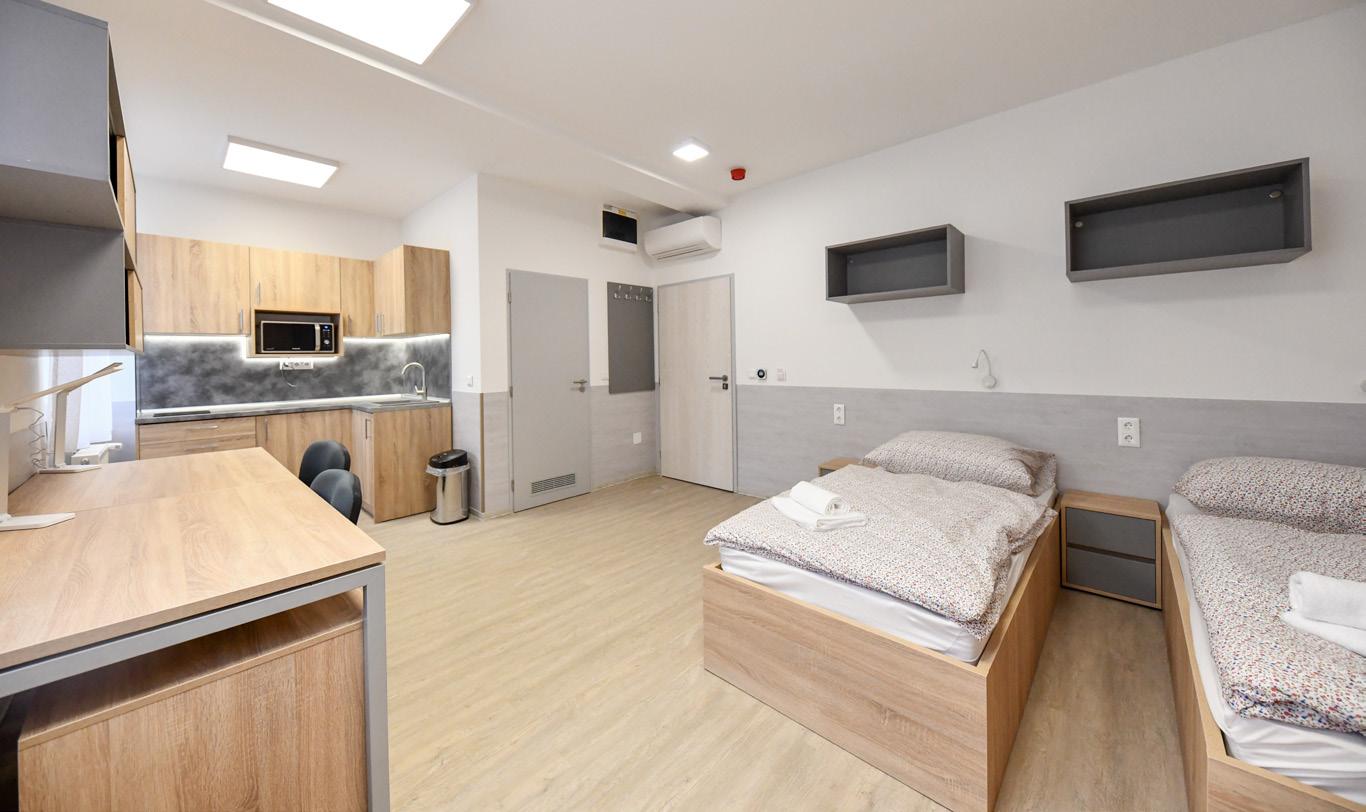
The Lillafüred Forest Train is the most beautiful route in the country. It travels along steep hillsides and through beautiful forests, passing Lillafüred, the Fazola smelter and the trout farm of Garadna. In winter, to the great delight of the children, it runs under the name Santa Claus Train.
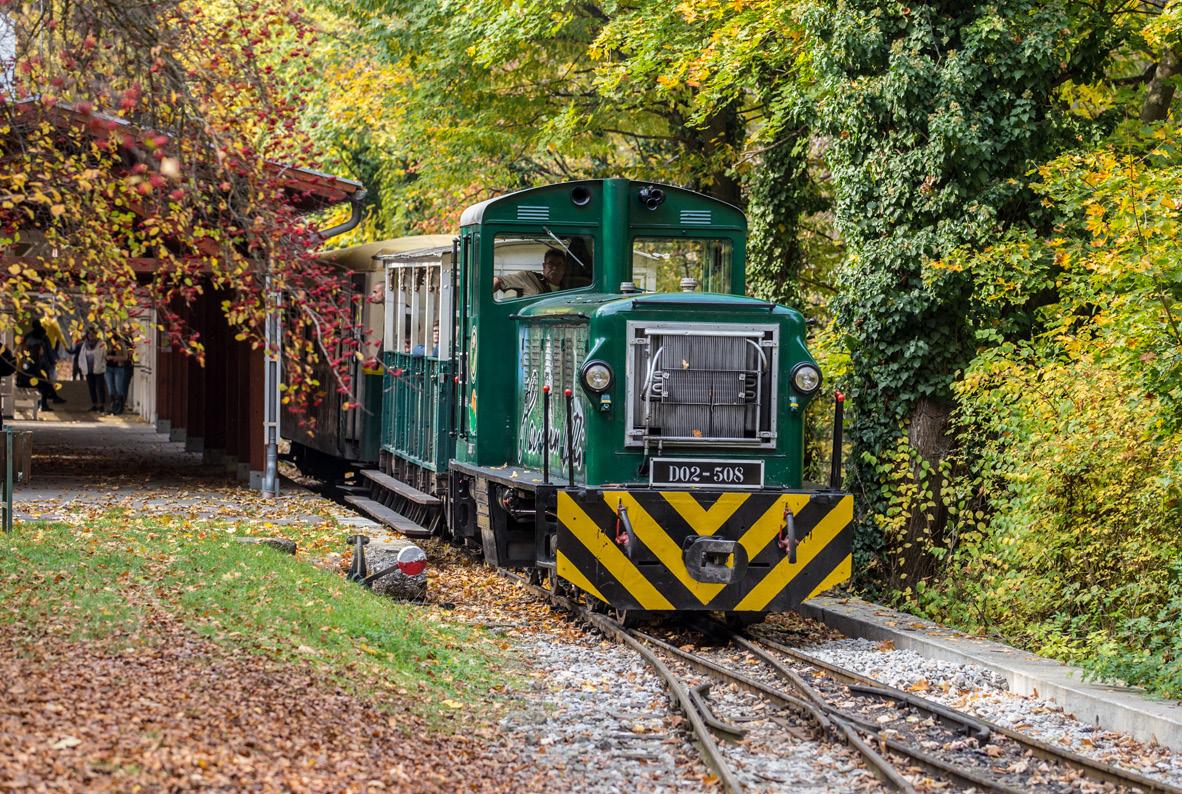
When visiting the Castle of Diósgyőr, you can experience the atmosphere of the Middle Ages and get an insight into the daily life of medieval people. The unique installations of the castle provide an opportunity to freely explore the building.
Lillafüred is located in a picturesque valley not far from the city centre. Rising above the trees, the nearly 100-year-old Hotel Palota, reminiscent of renaissance castles, provides its guests with wonderful views all year round, including nearby Lake Hámori. A special attraction is
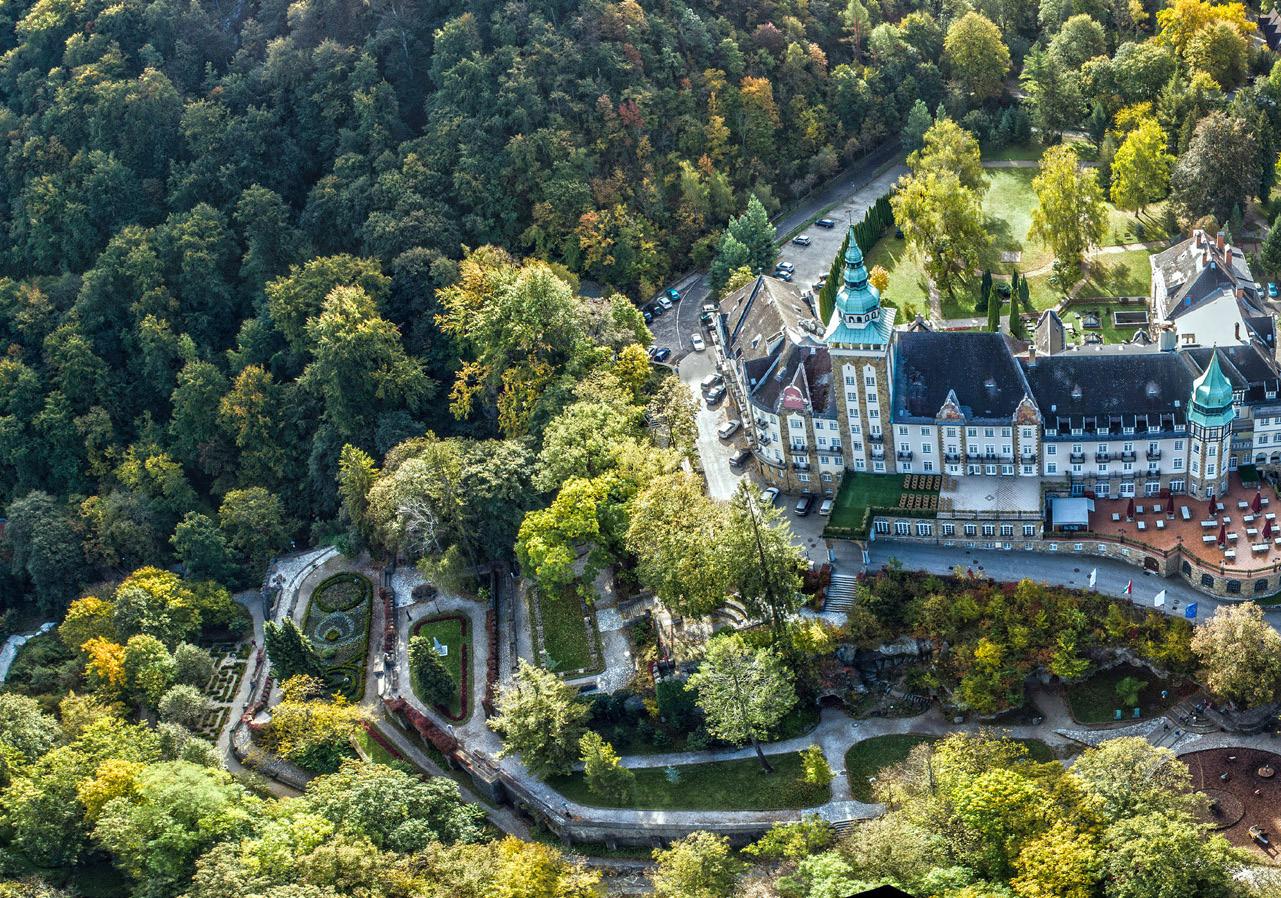
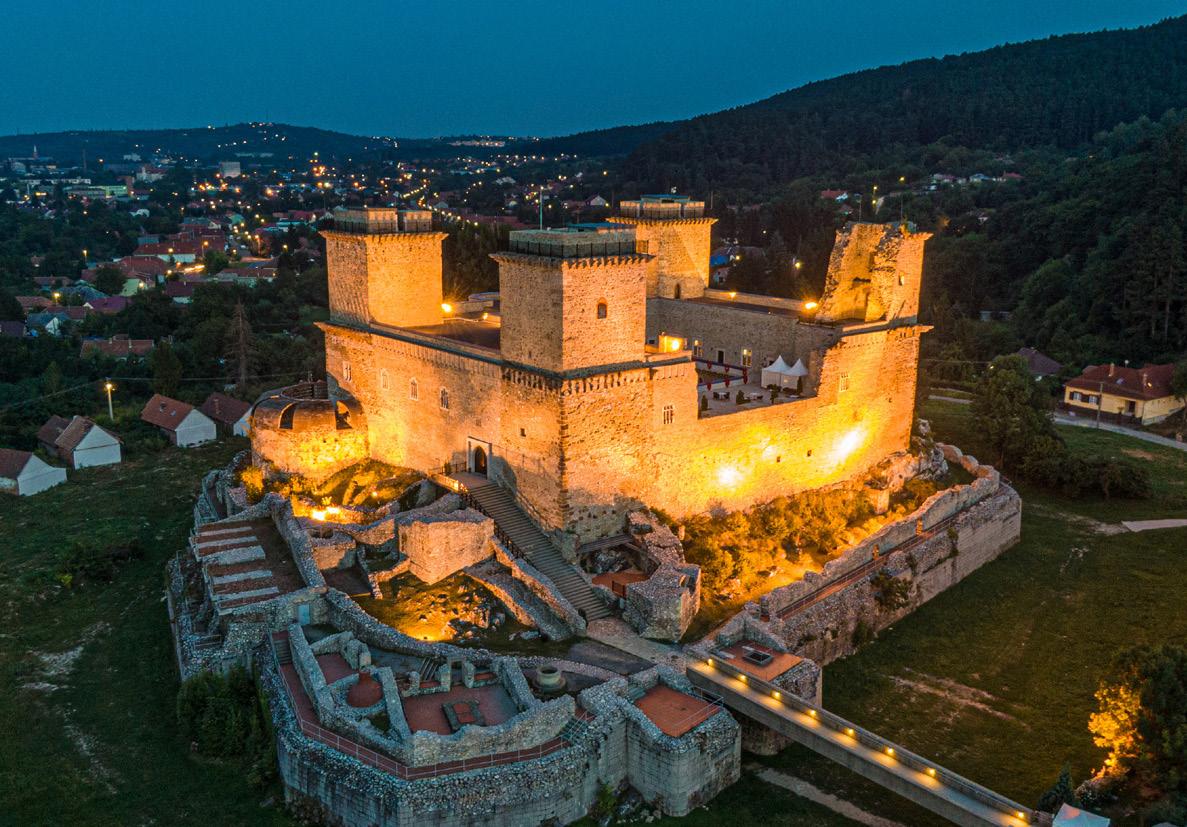
the waterfall of the Szinva stream, the tallest waterfall in the country, located in the gardens below the hotel.
The Cave Bath of Miskolc-Tapolca offers an extraordinary experience with its thermal water emerging from the mountains. Its curative effect is due to the karst water and the unique climate.
The Ellipsum Adventure and Outdoor Bath got its name from its five elliptical buildings. The imposing, themed halls guarantee the relaxation of adults, families and seniors.
The Avas Reformed Church and its separate bell tower are among the oldest historic monuments of
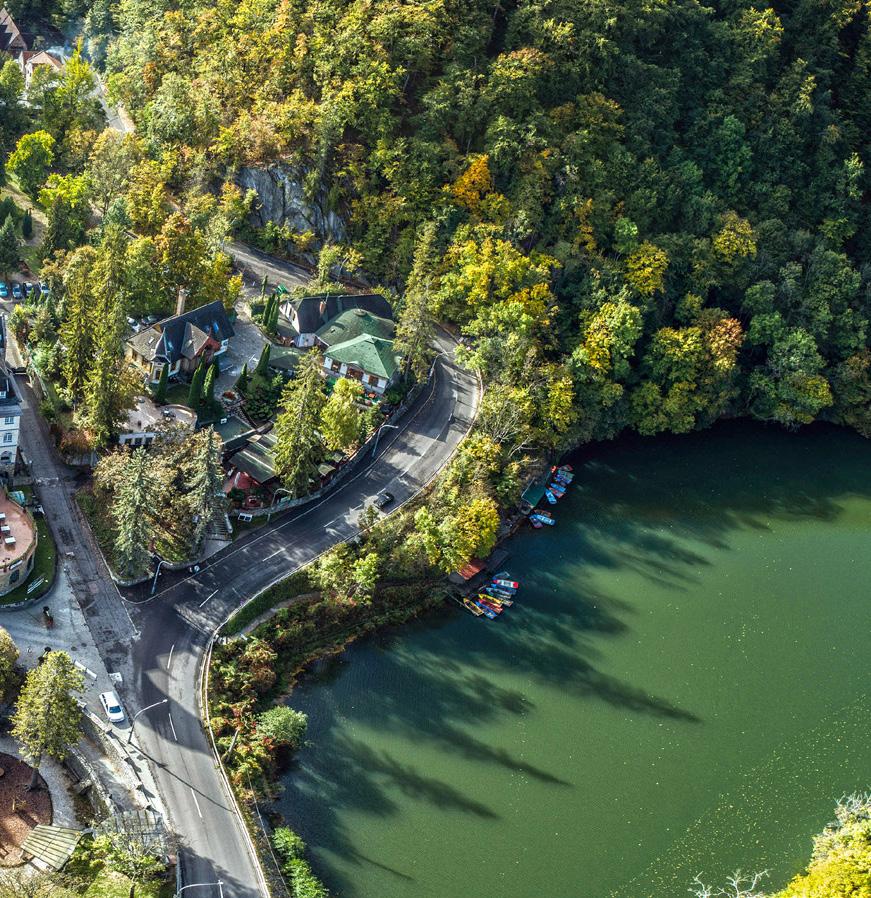
Miskolc. The picturesque bell tower has long been used as an emblem of the city.
The Holy Trinity Greek Orthodox Church contains a 16-metre-tall iconostasis, the largest in Central Europe, depicting the eleven major holy days and 87 scenes from the life of Jesus.
The first Hungarian theater built of stone in present-day Hungary opened in 1823. The Miskolc National Theatre company produces 12–14 pieces a year, complemented by other events. Classical drama, opera, comedy, operetta and contemporary dance performances can be found in the repertoire.
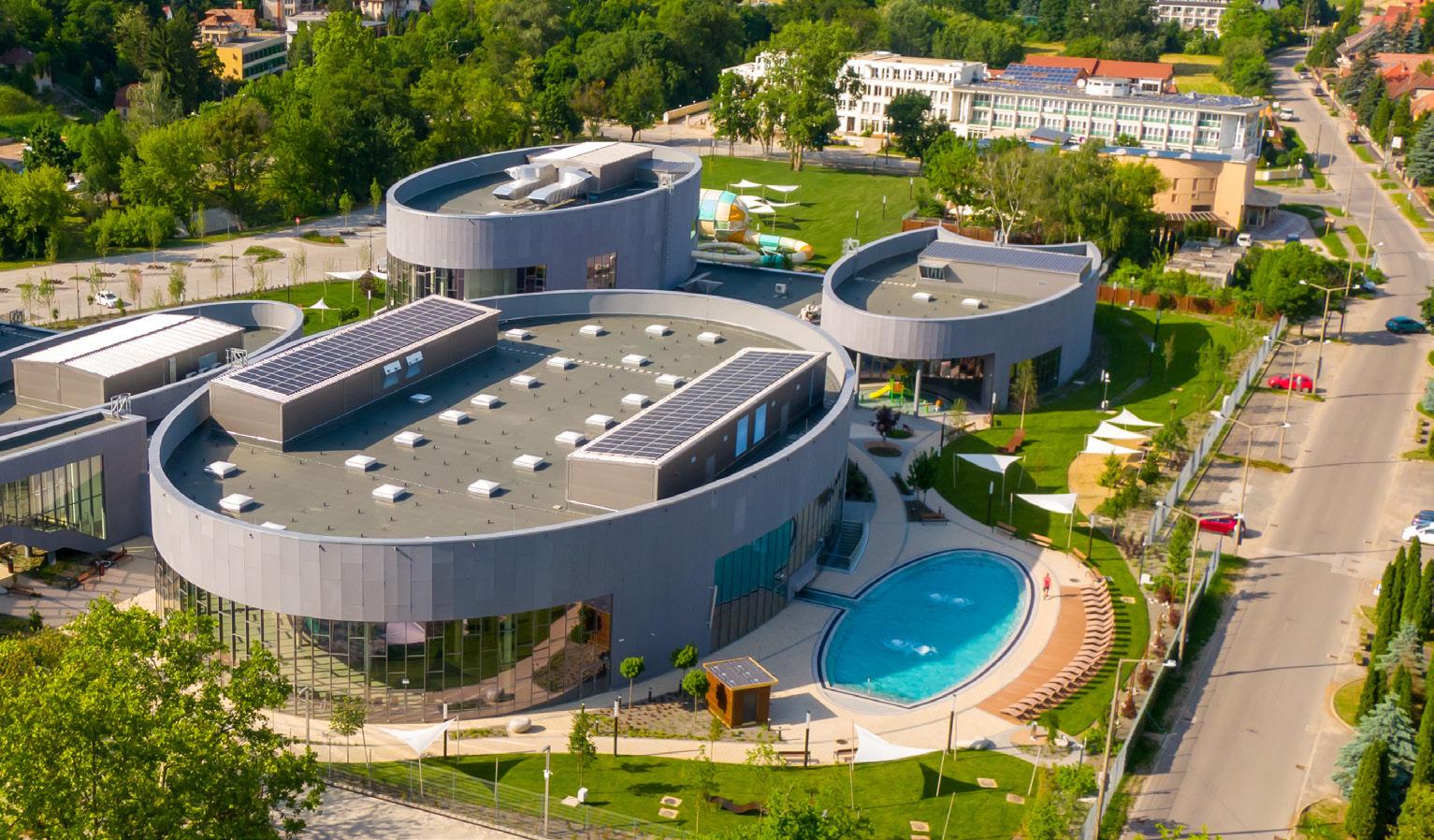
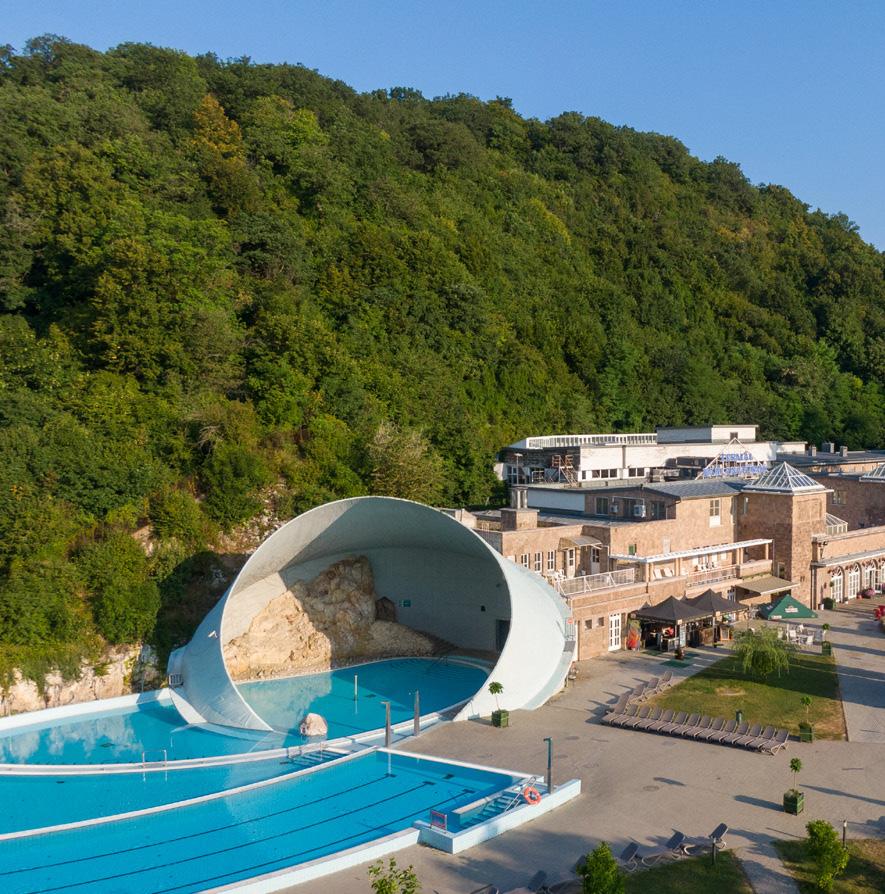
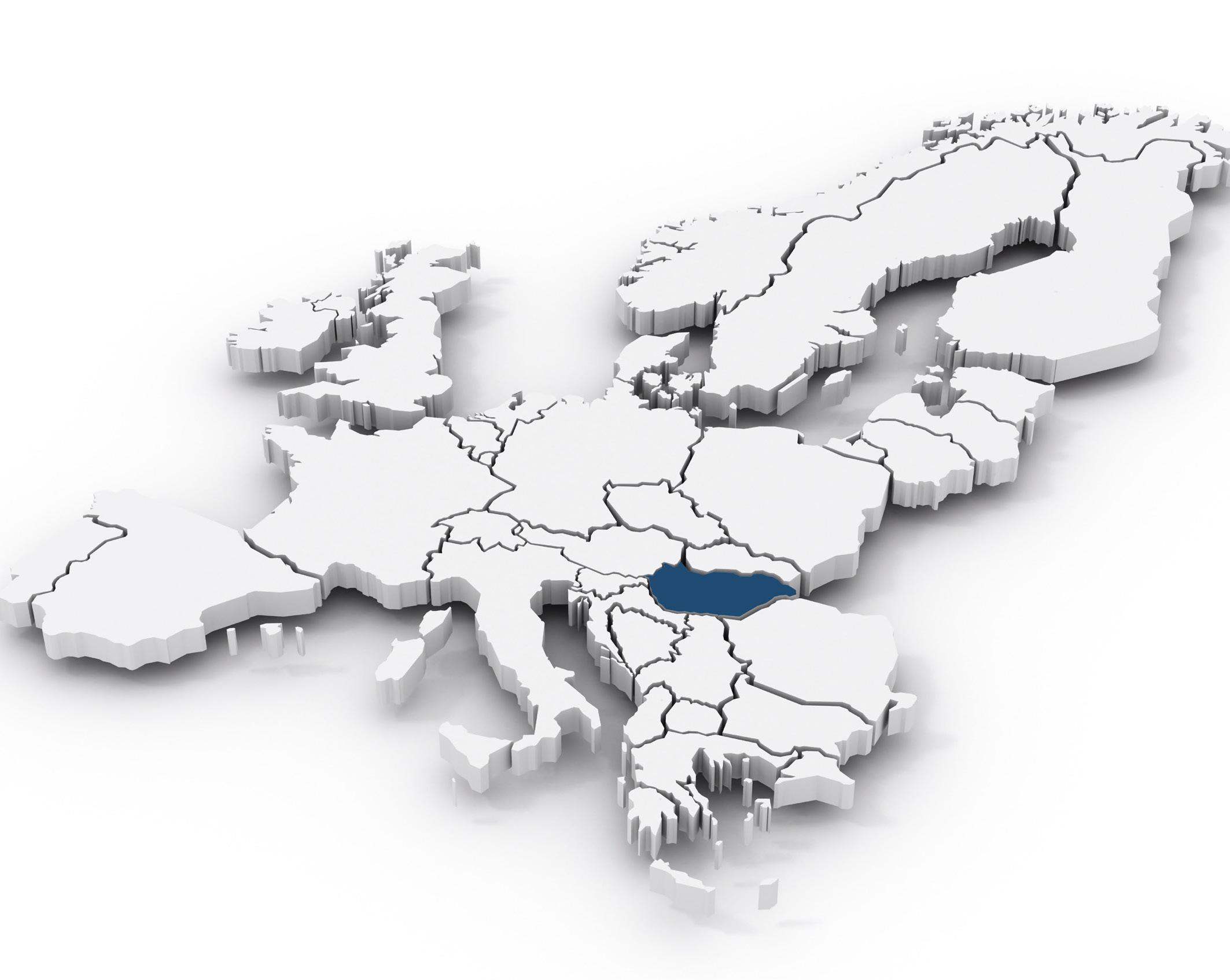
Egyetemváros, Miskolc, 3515, Hungary
https://en.uni-miskolc.hu/en
Phone: +36 46 565 111